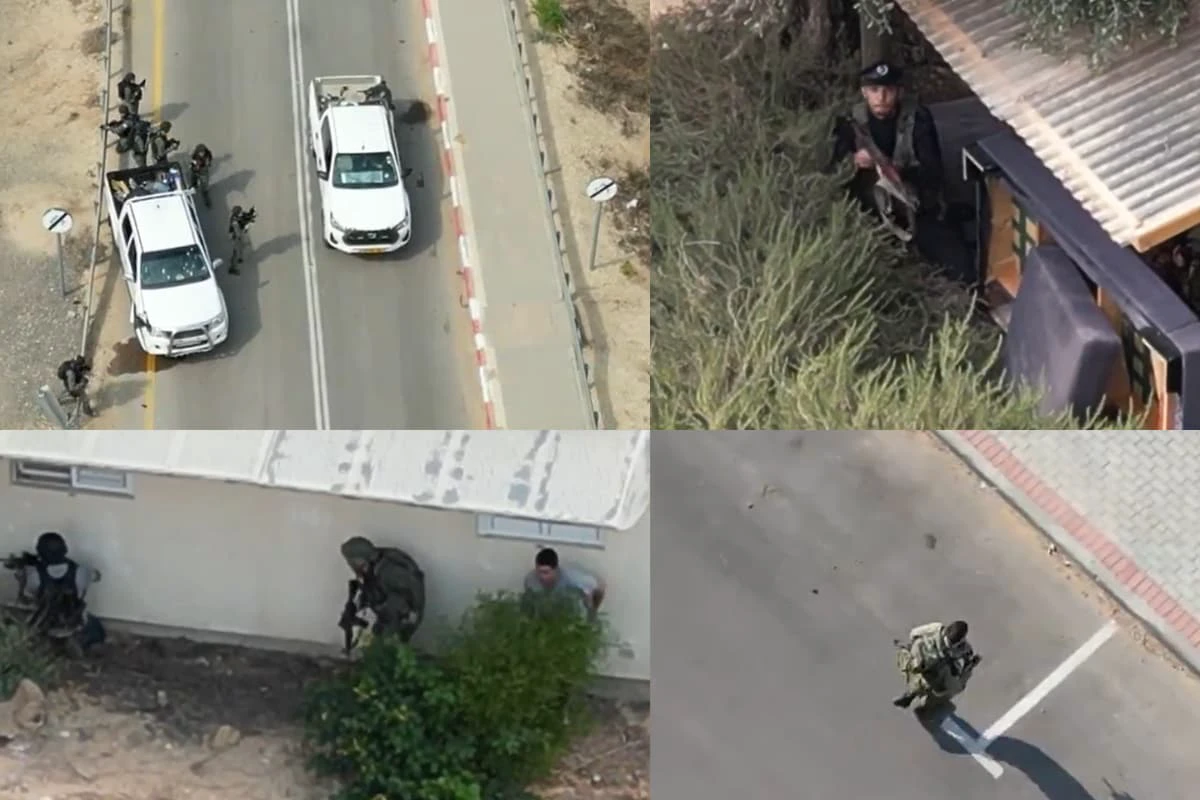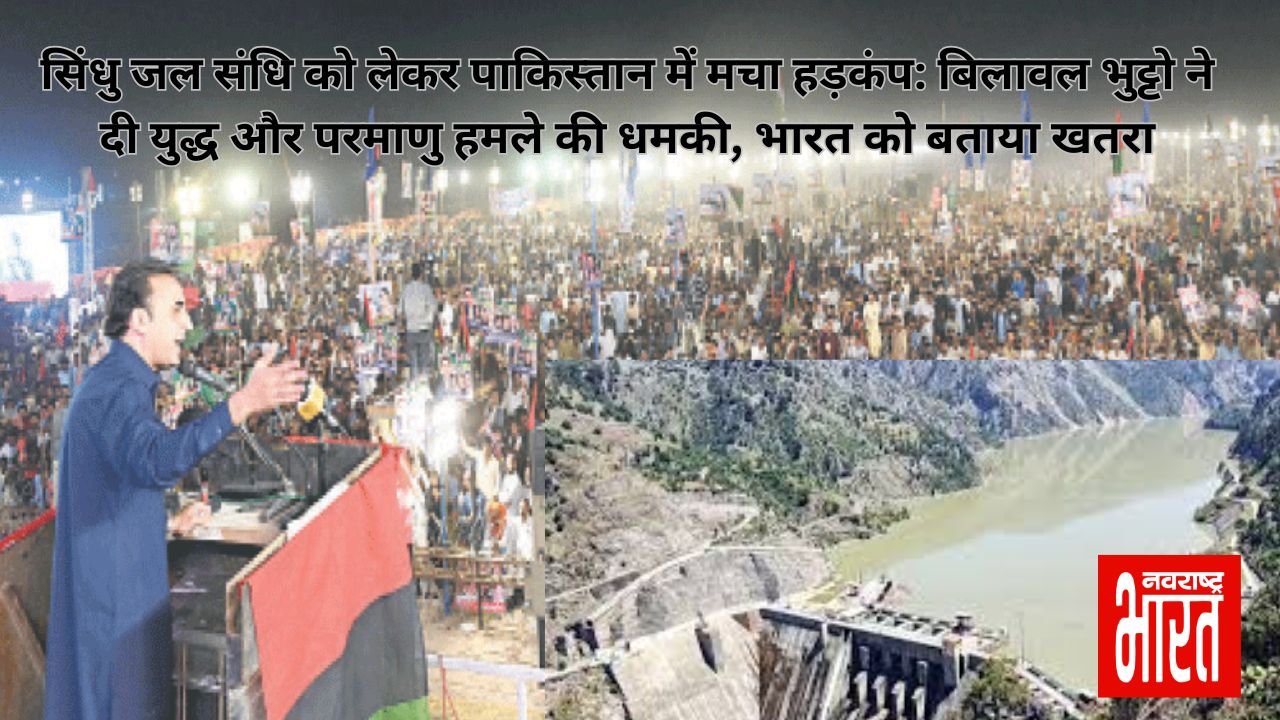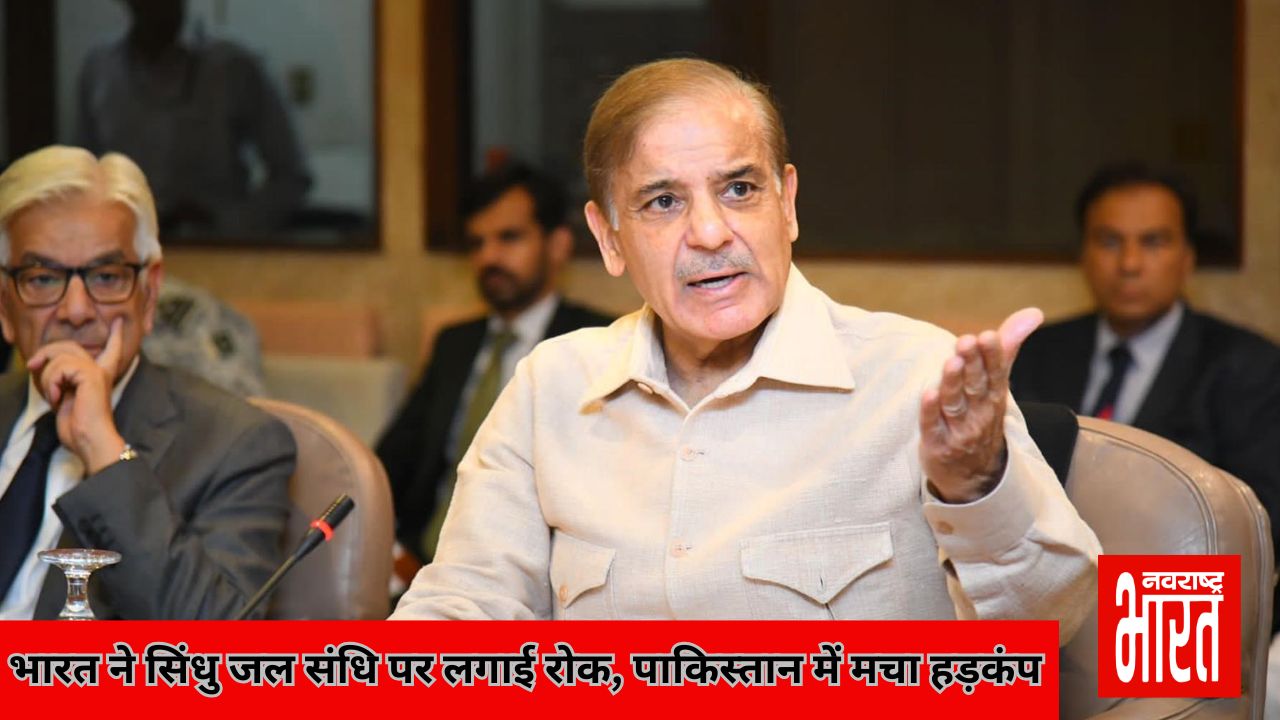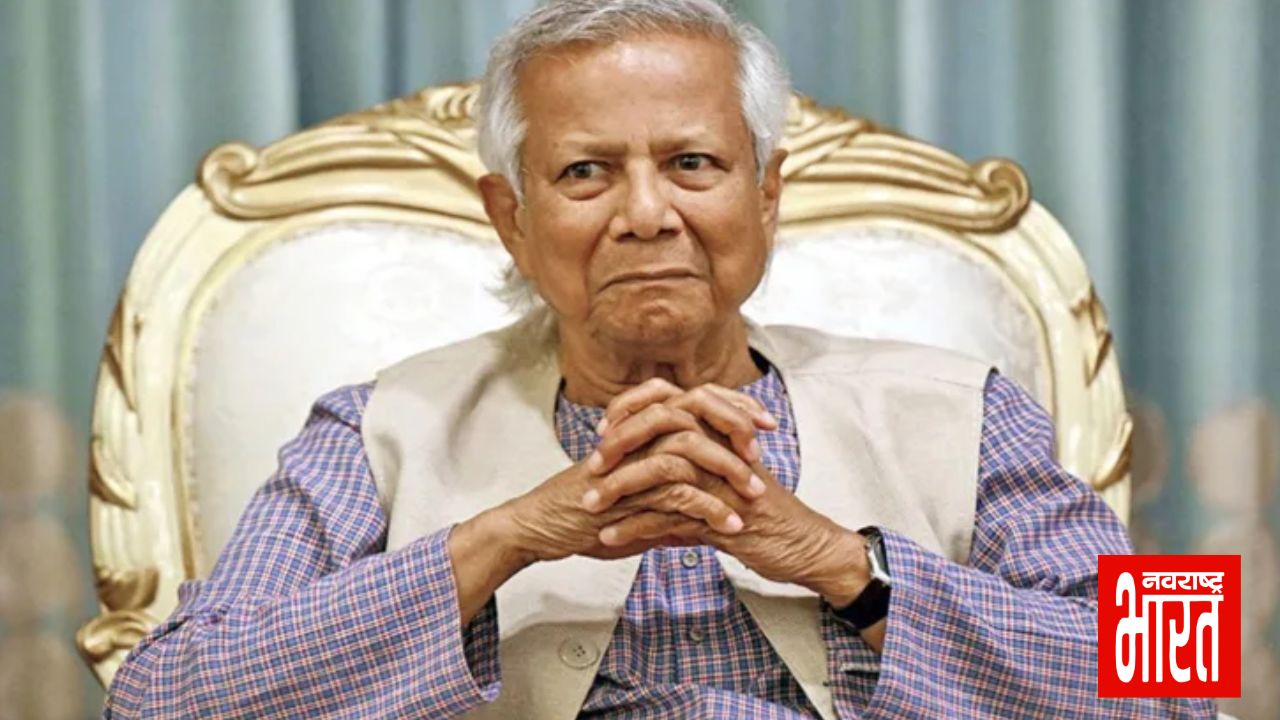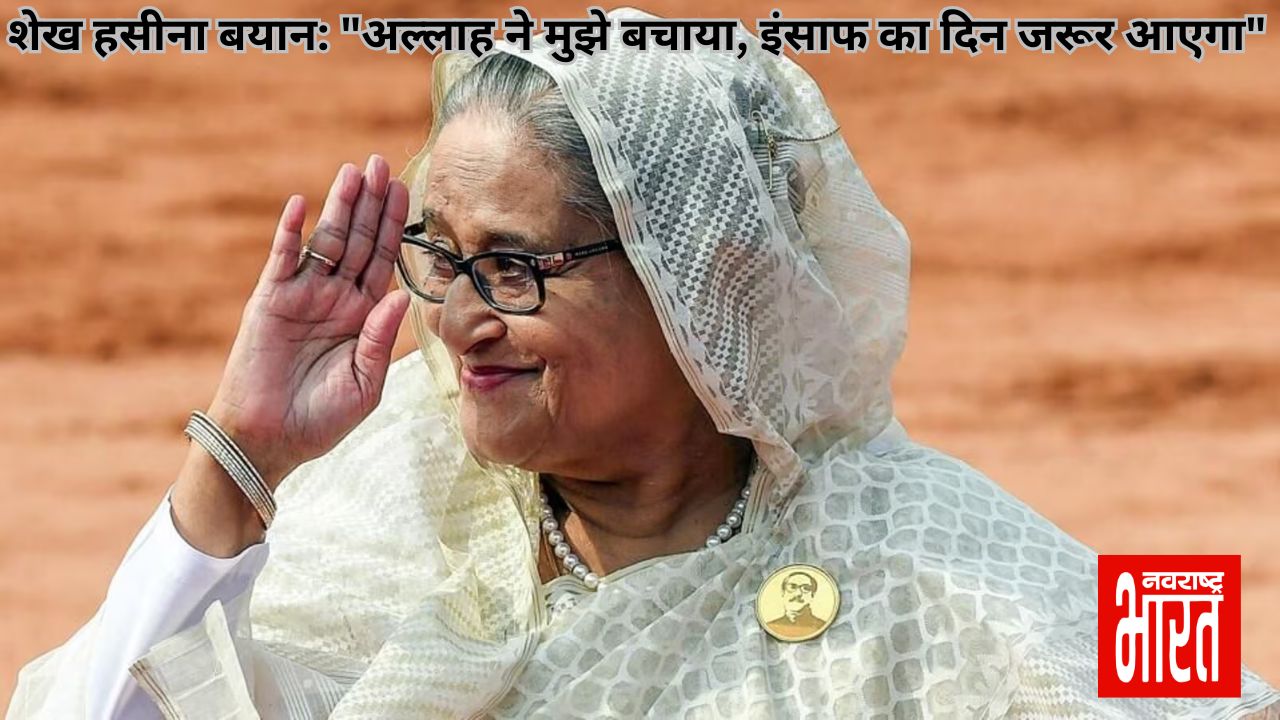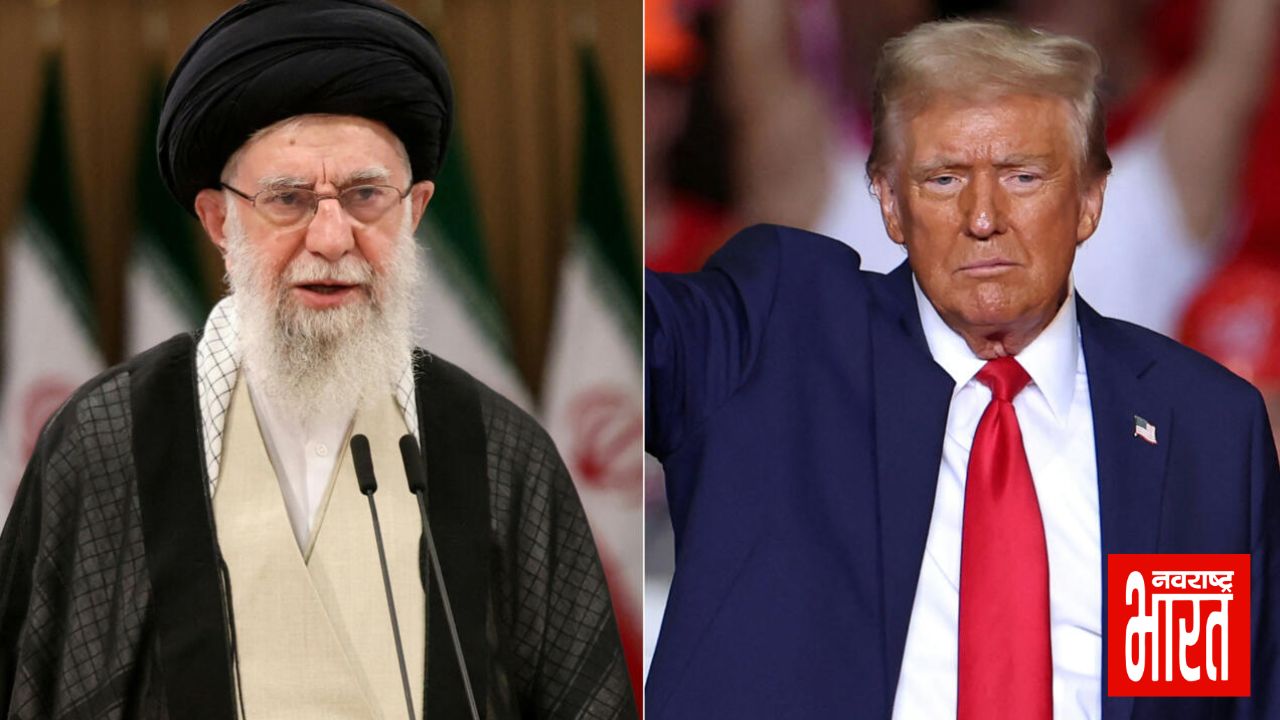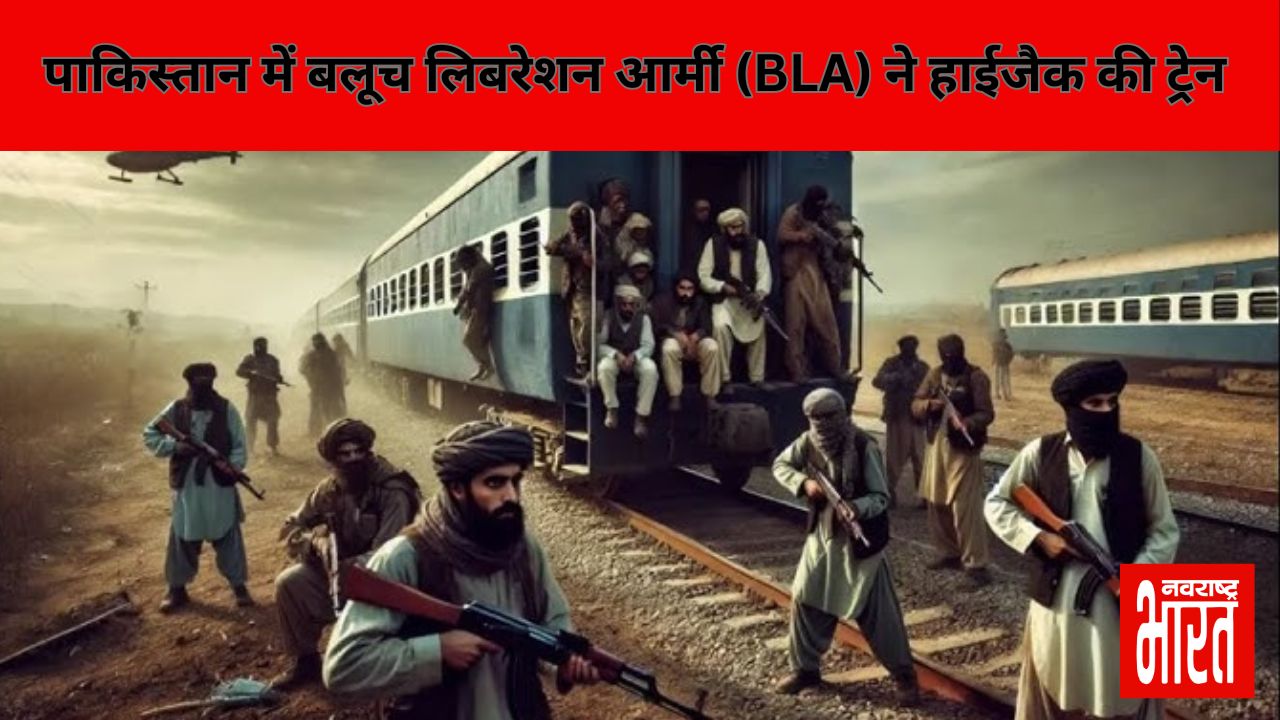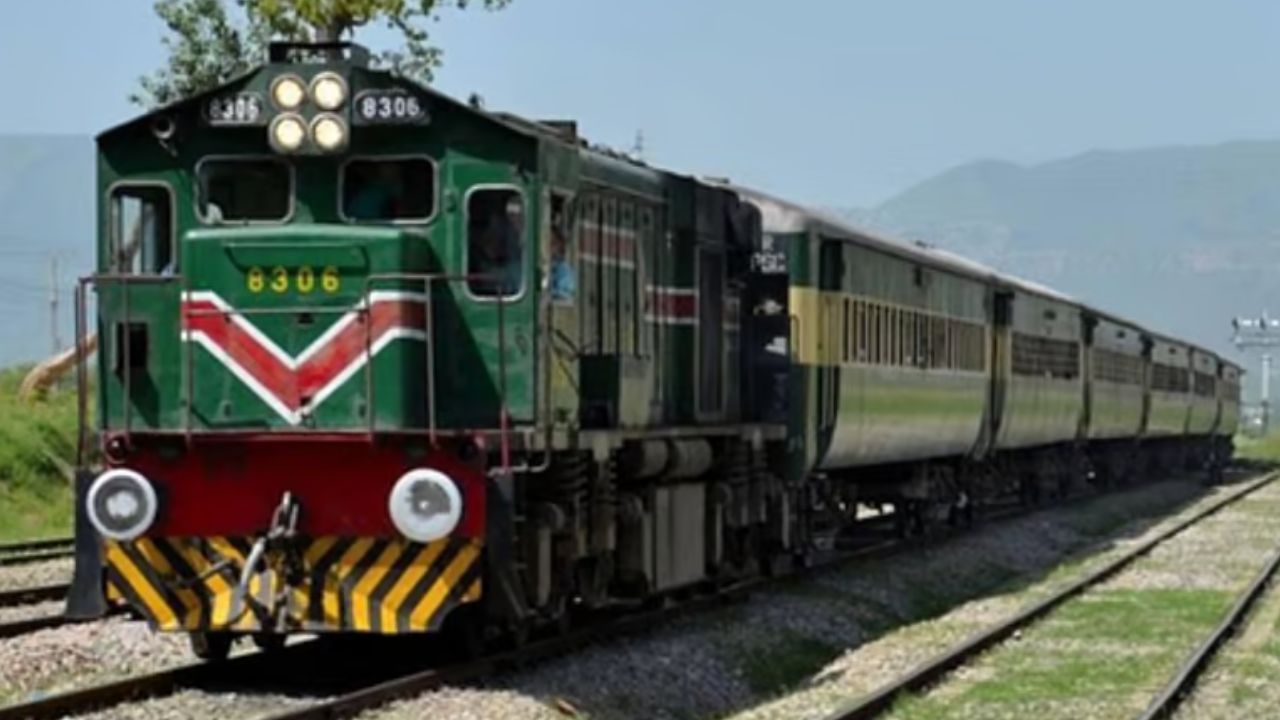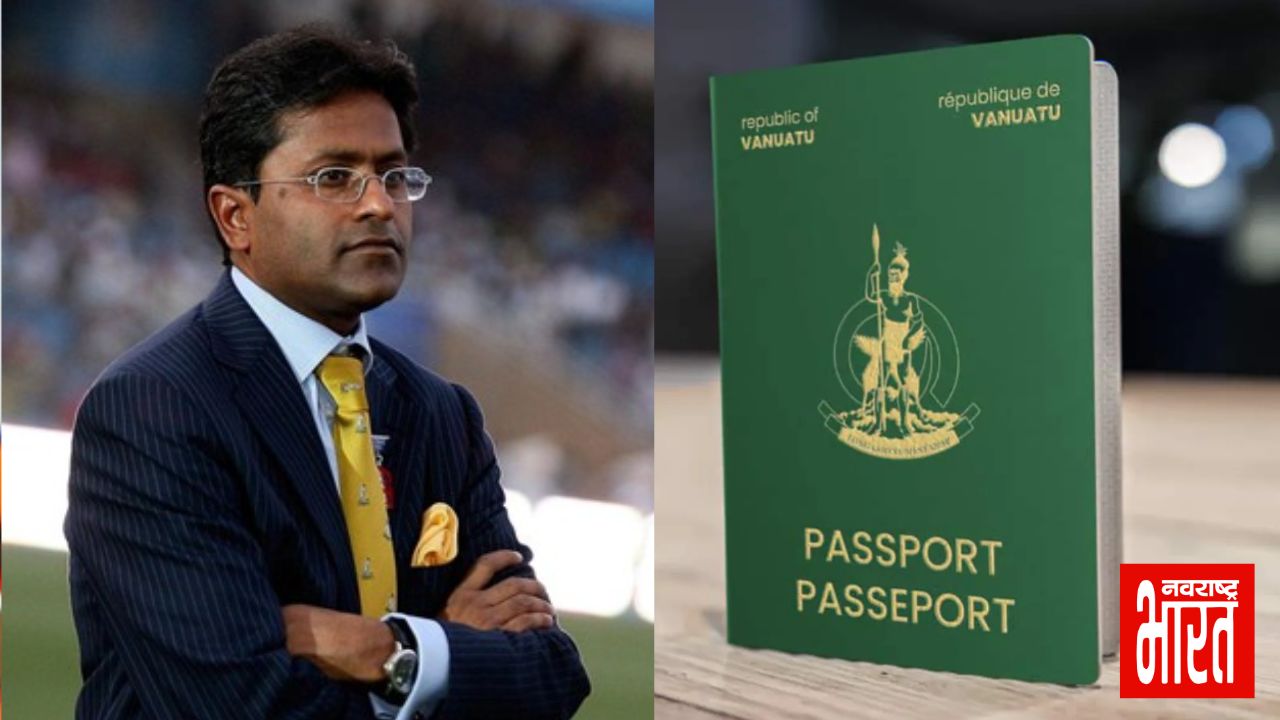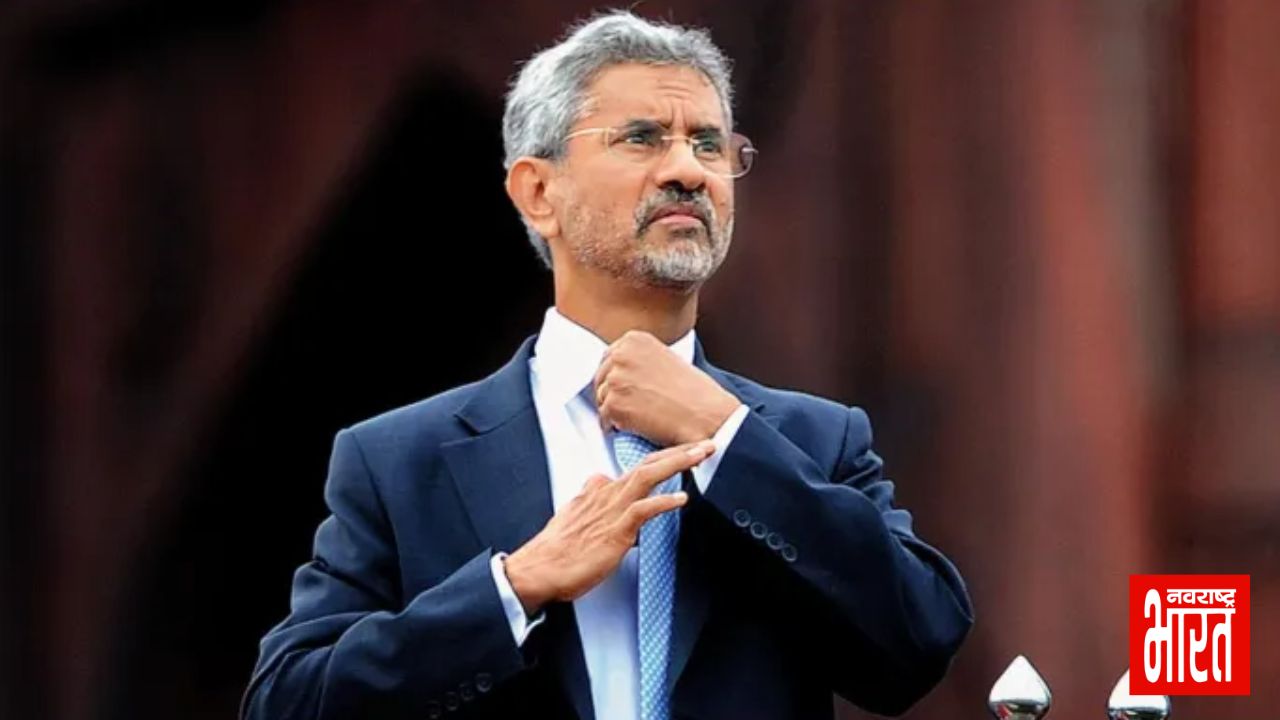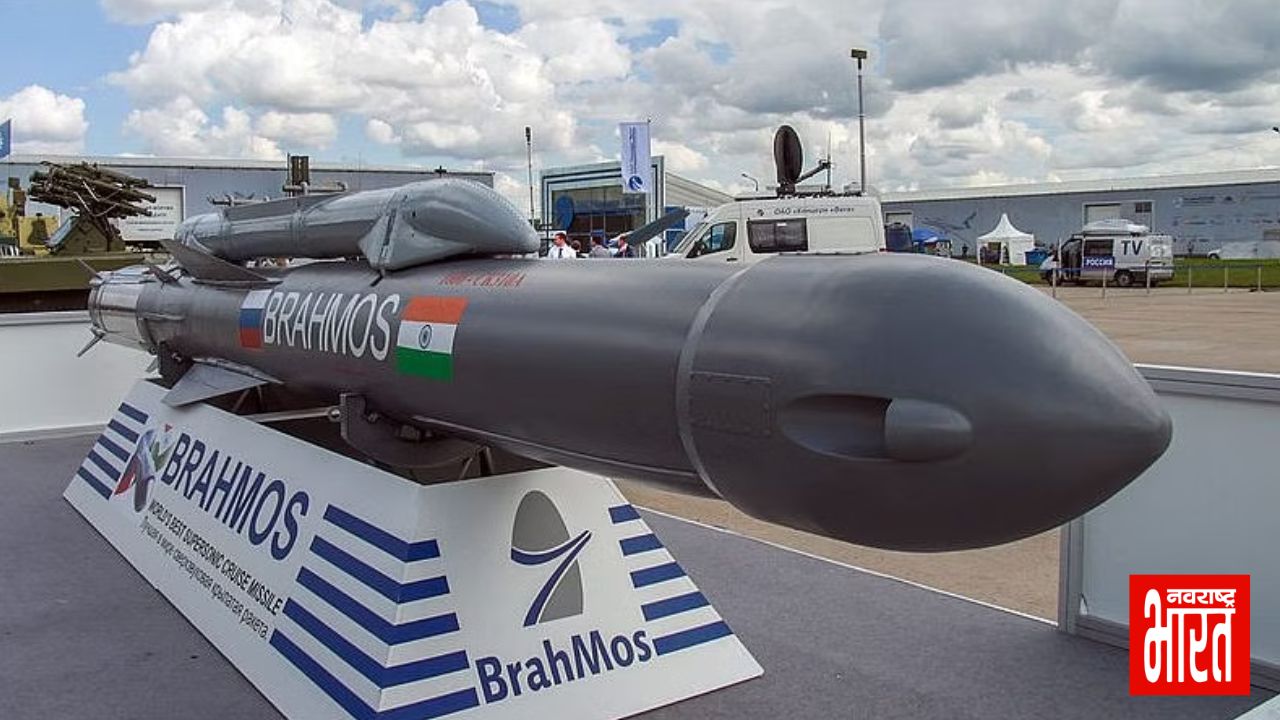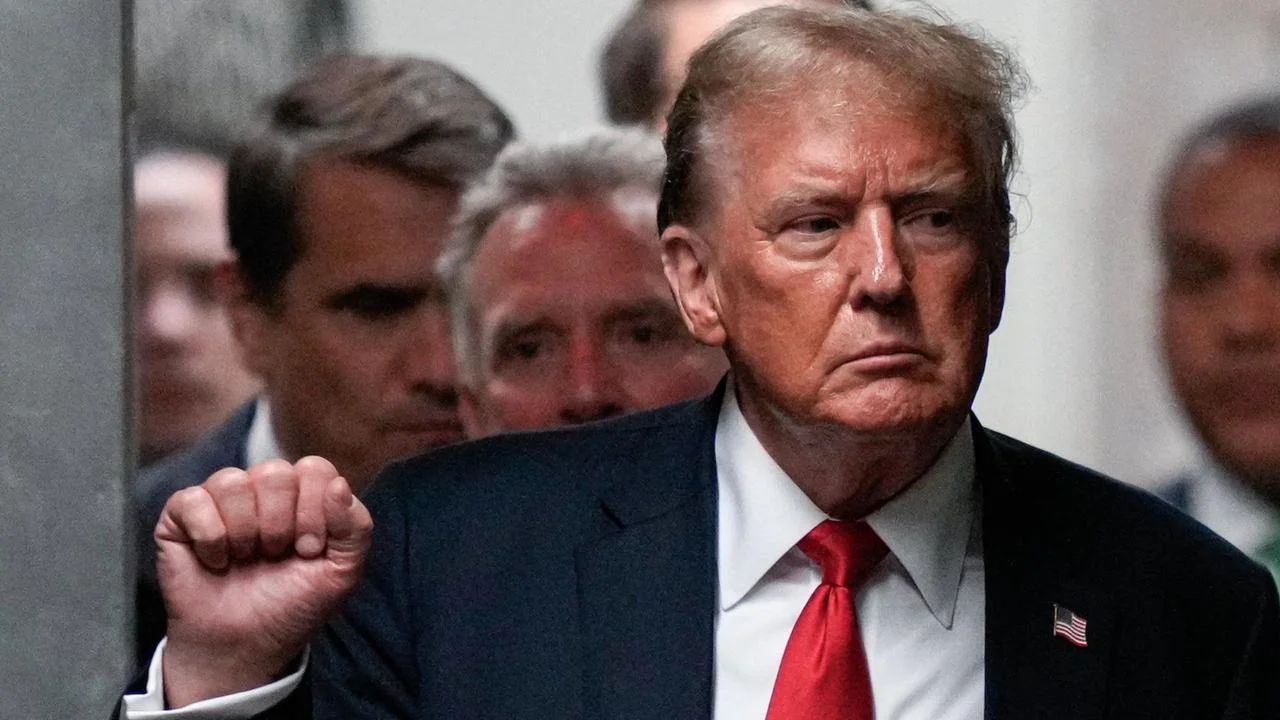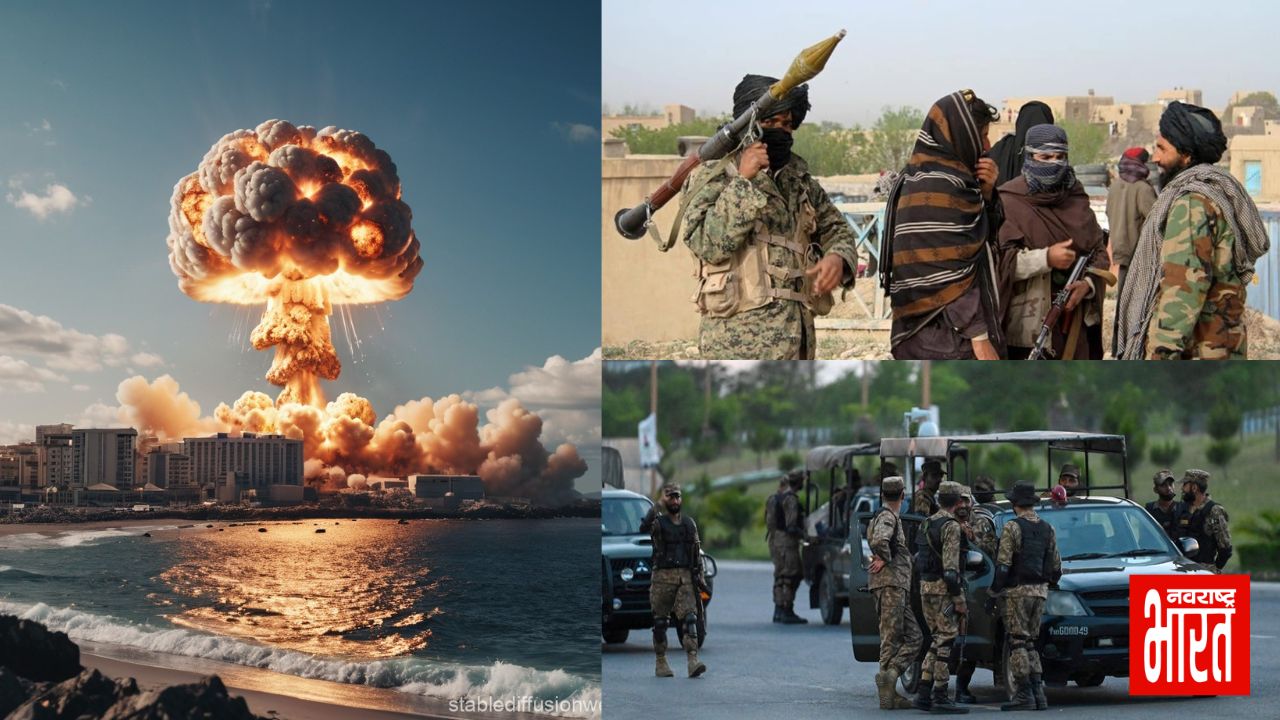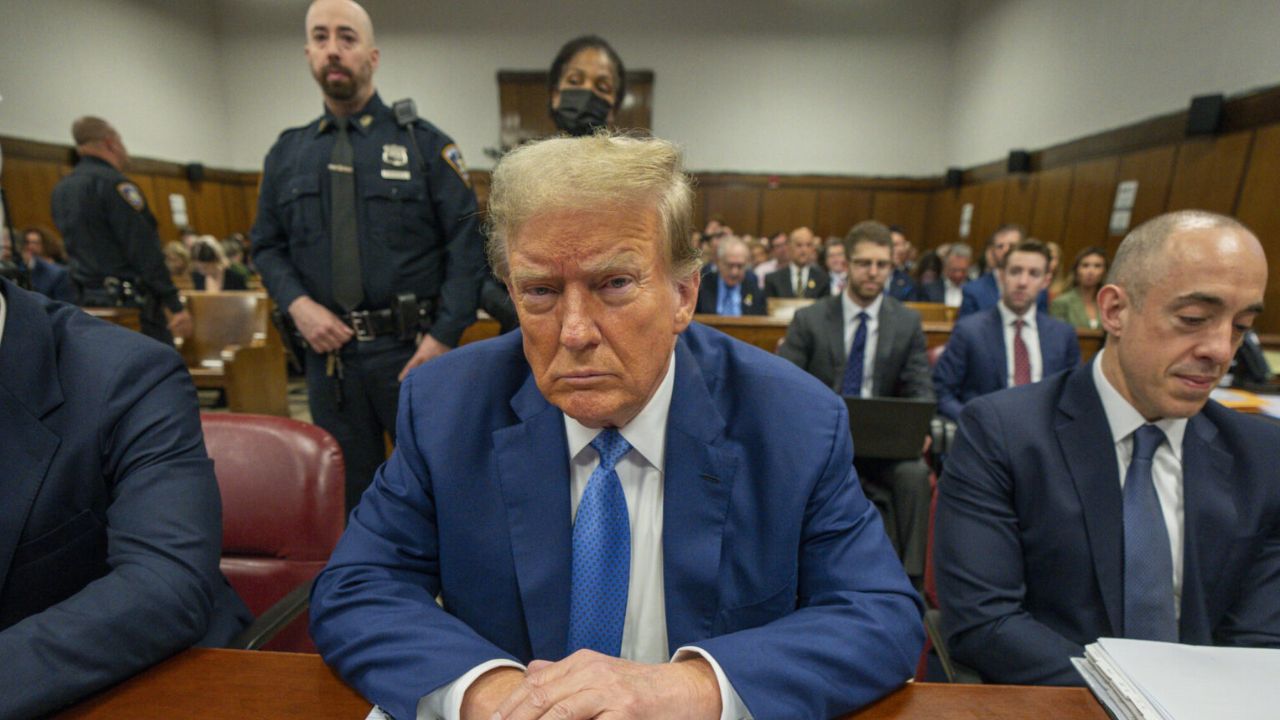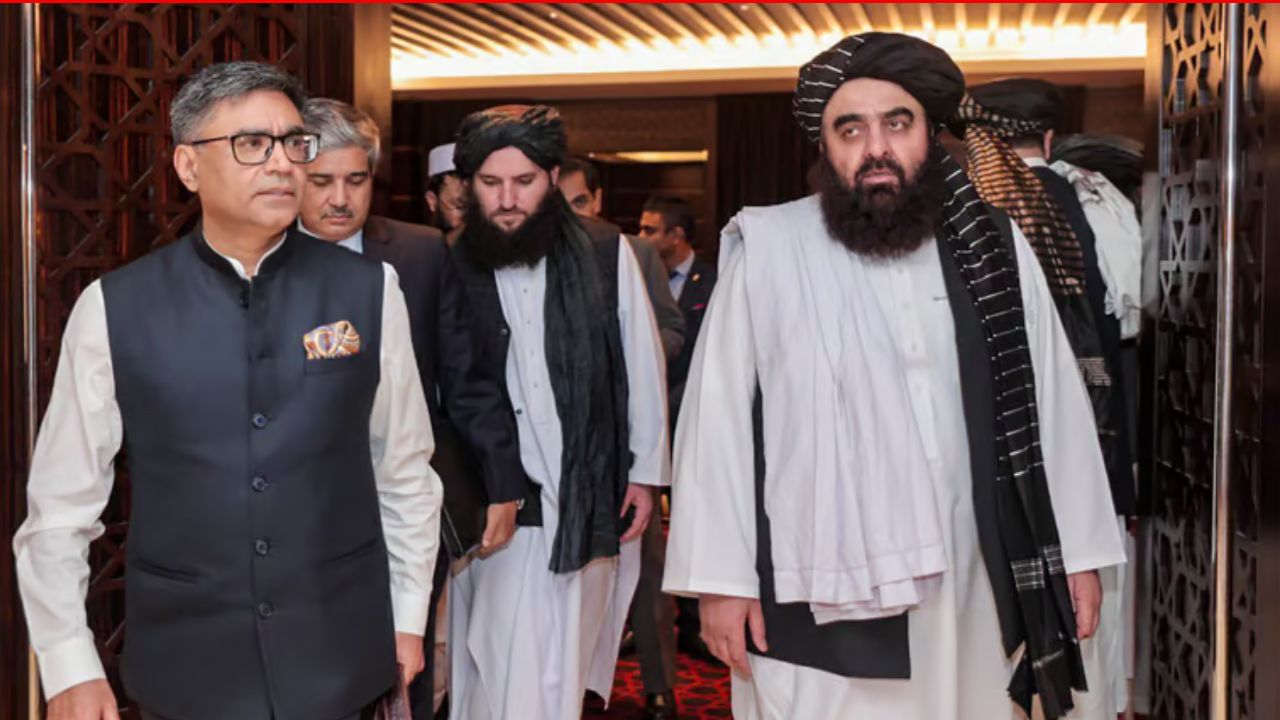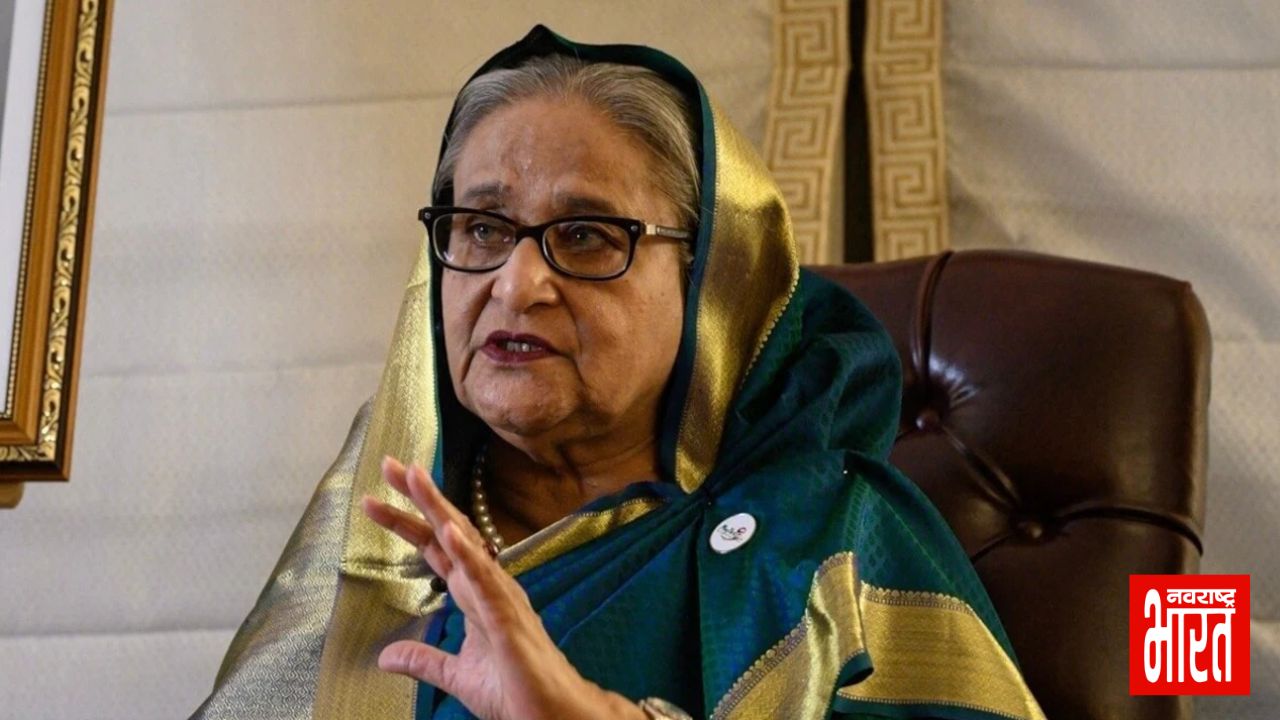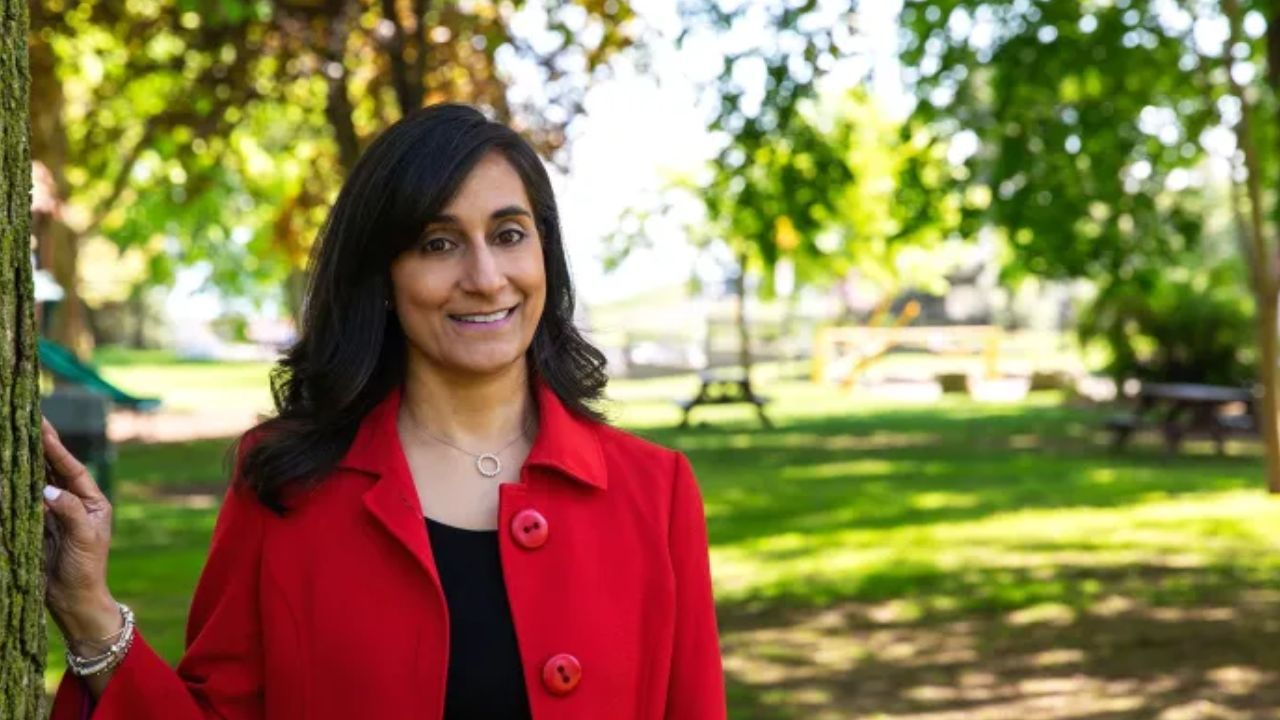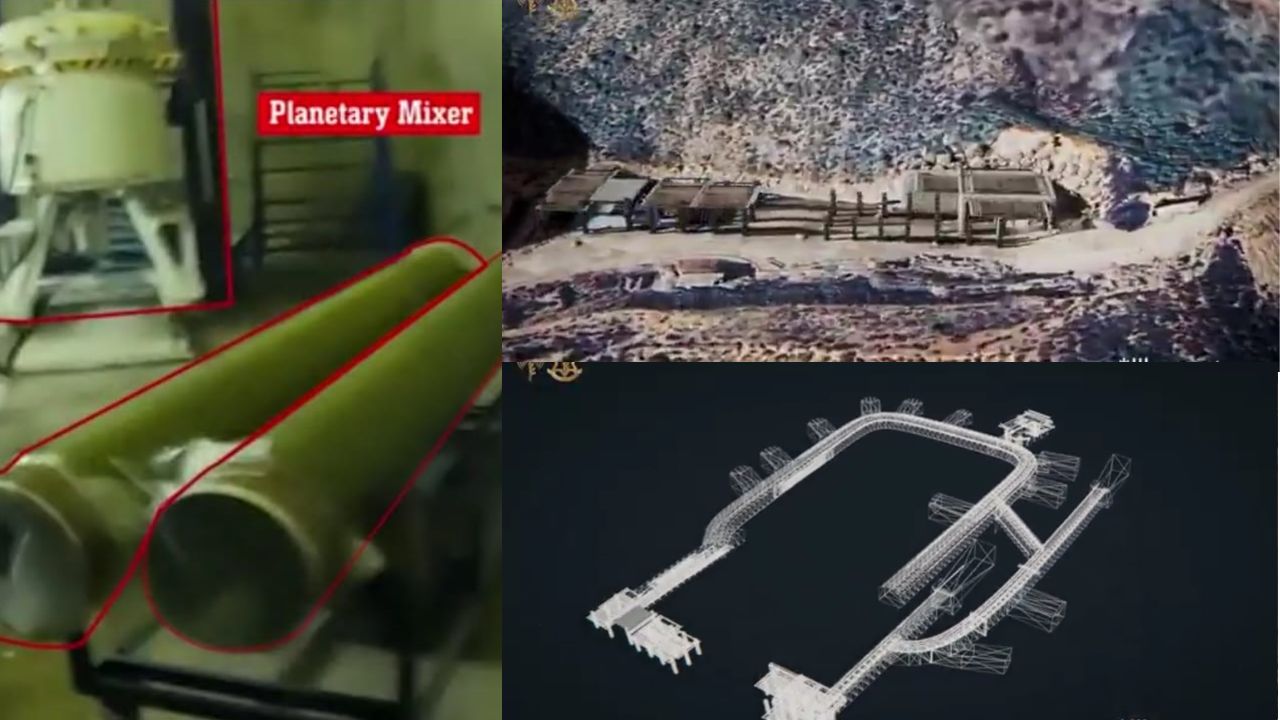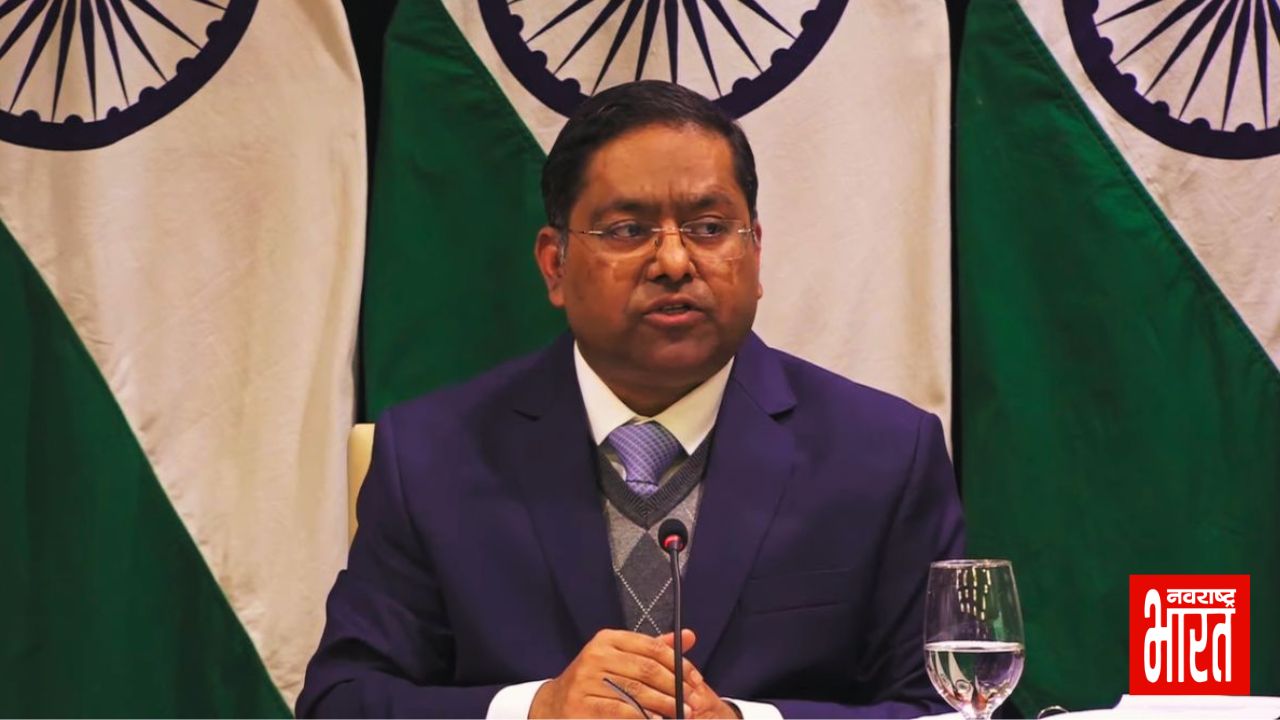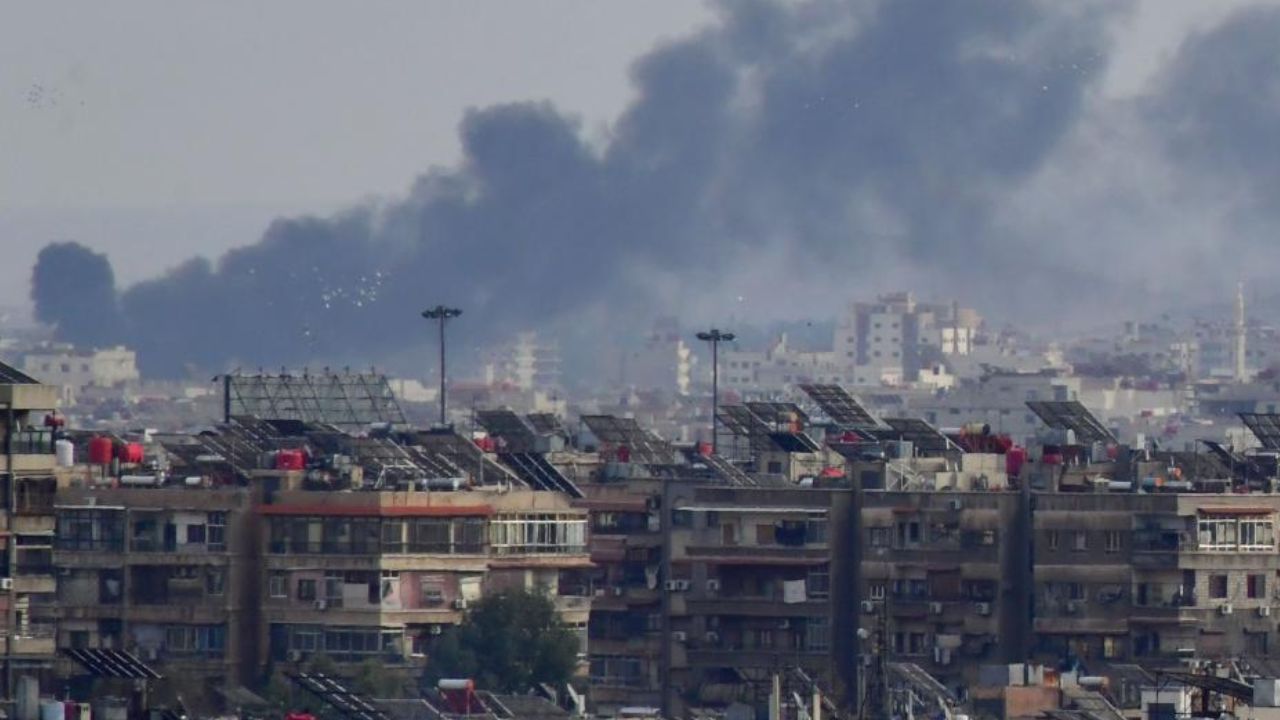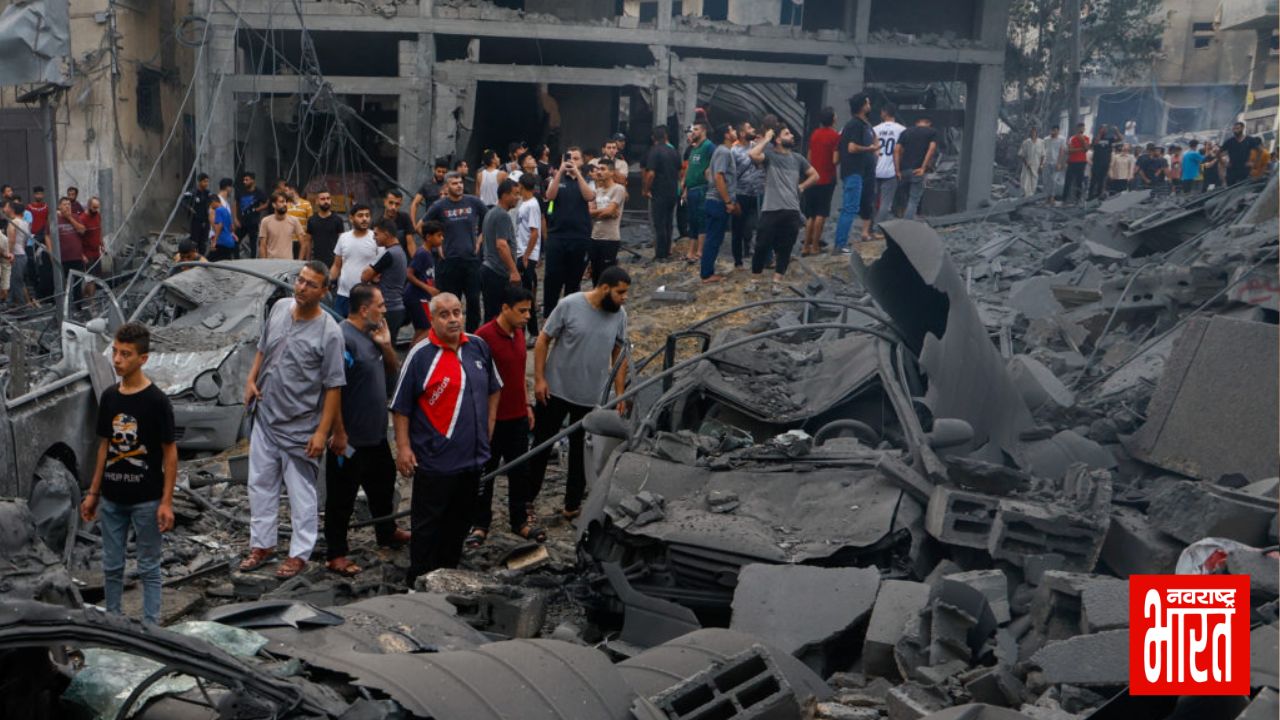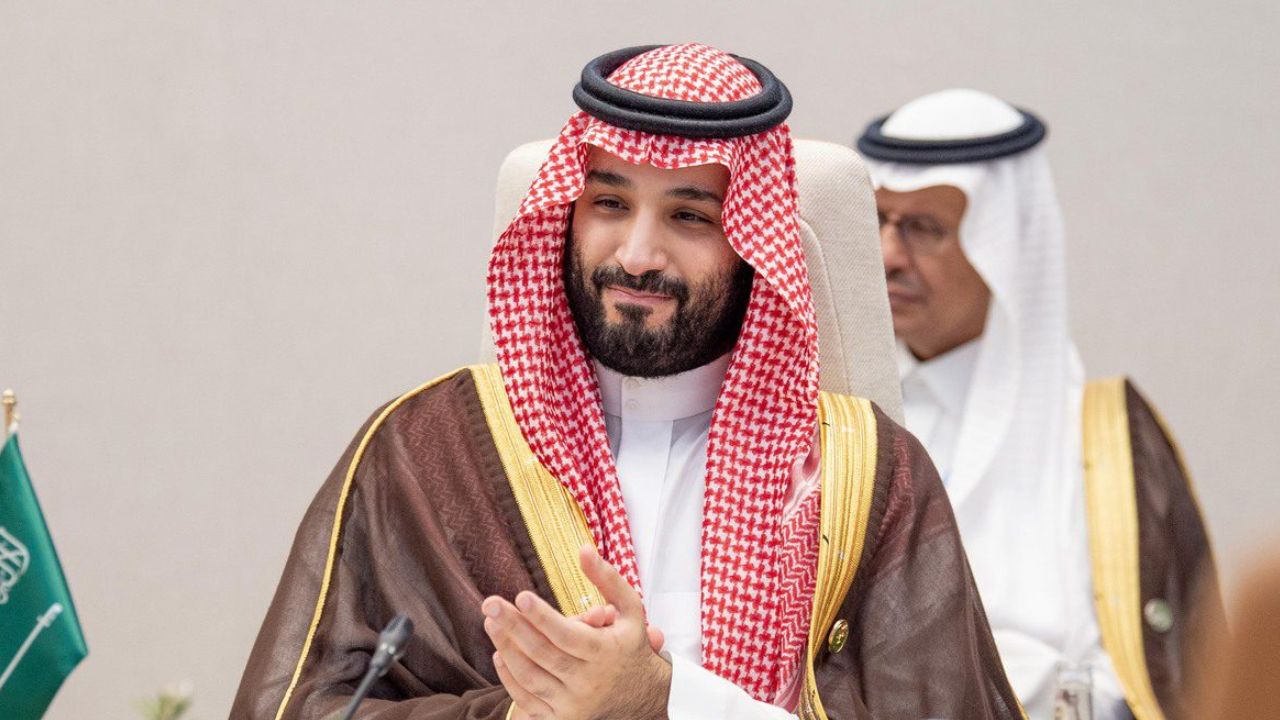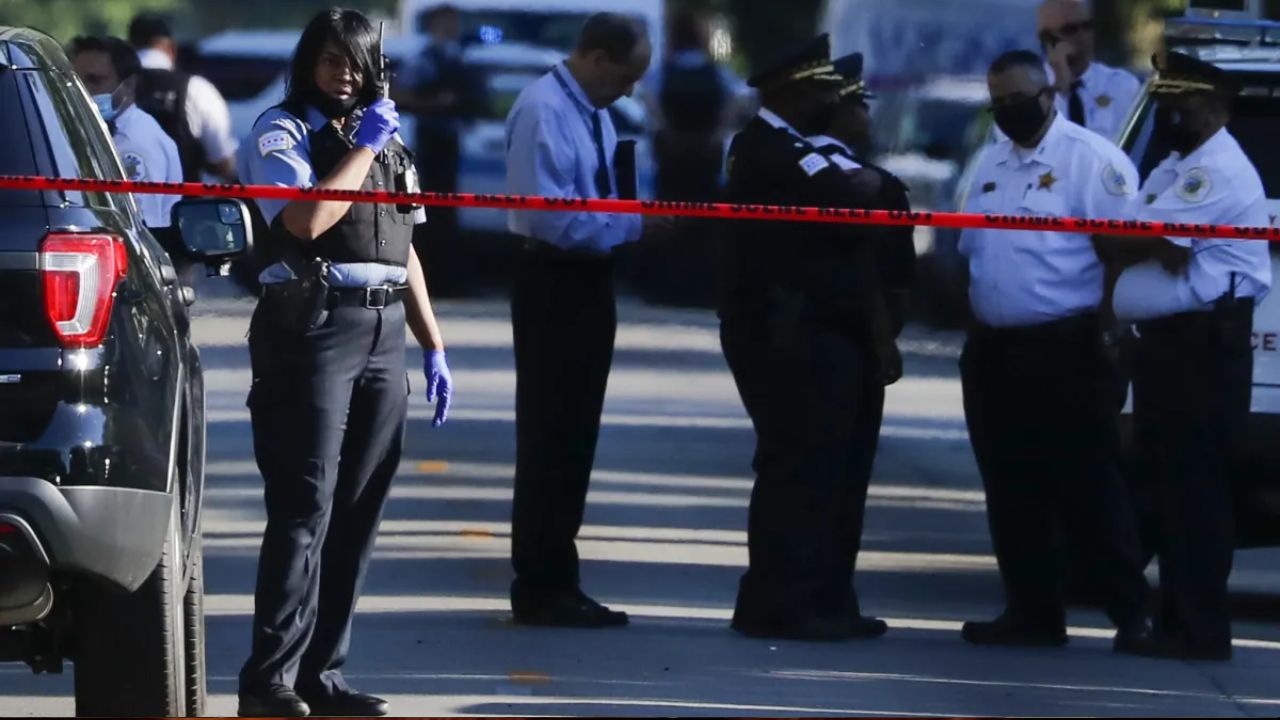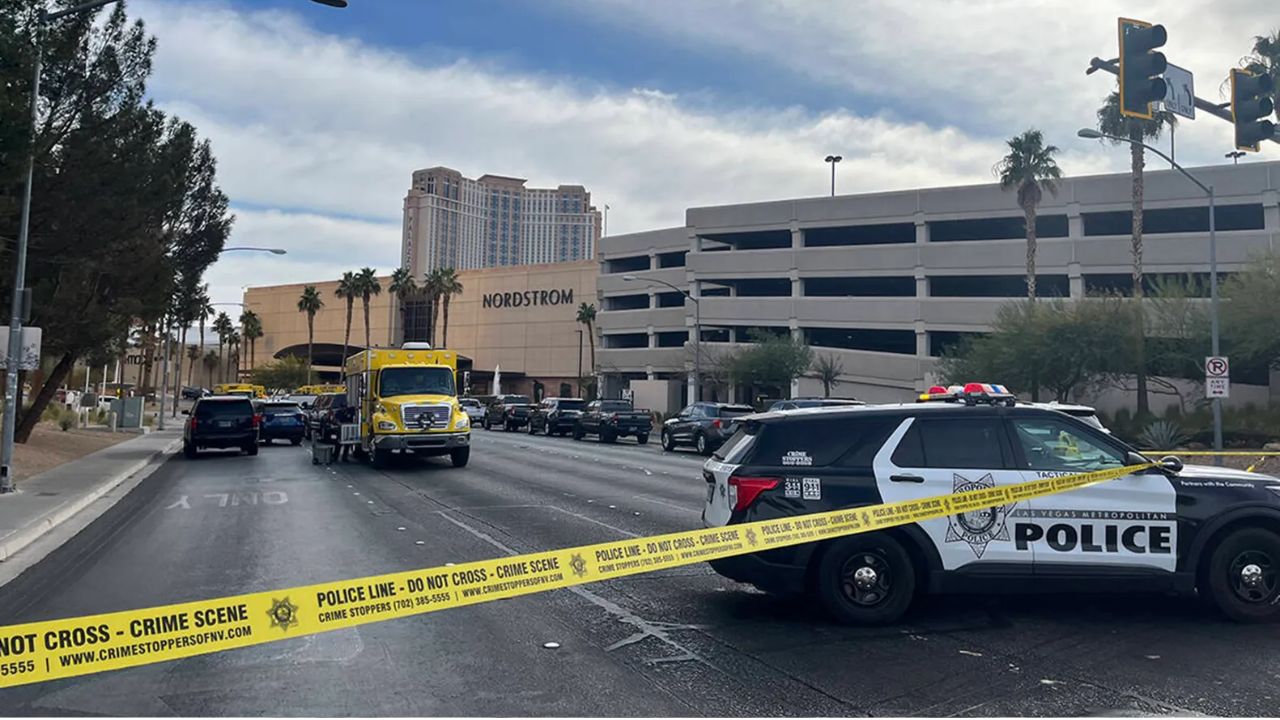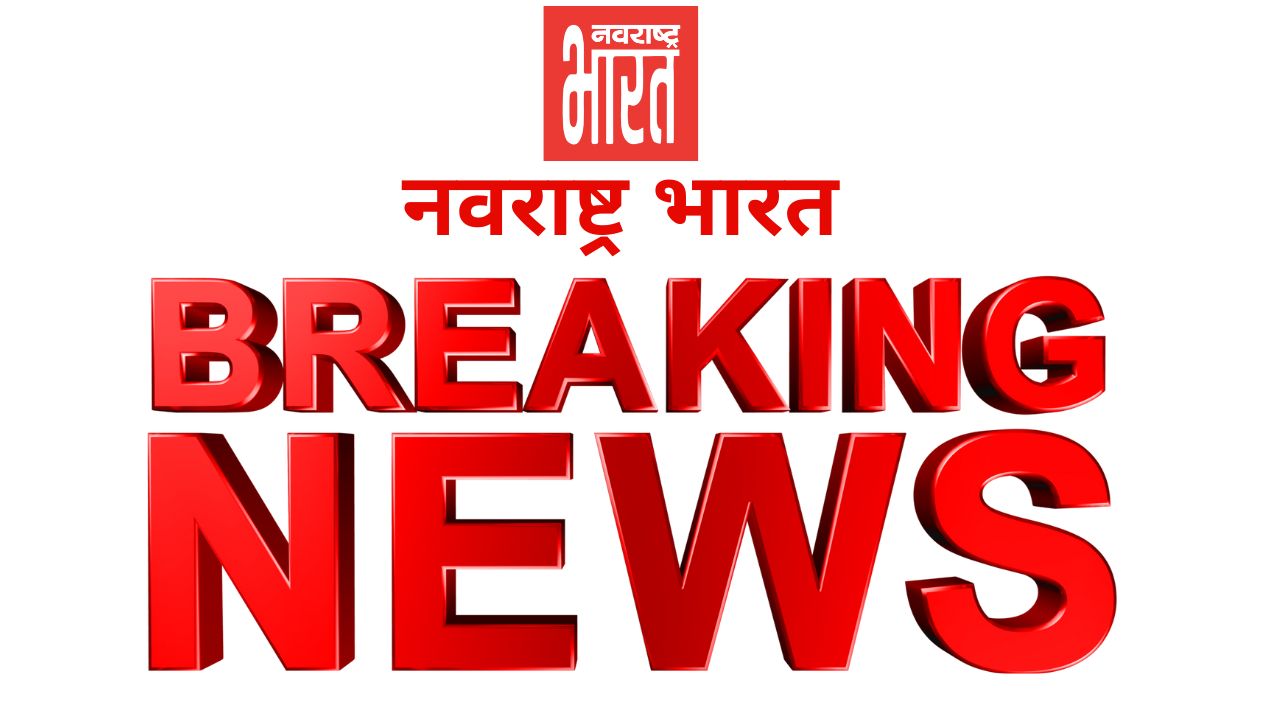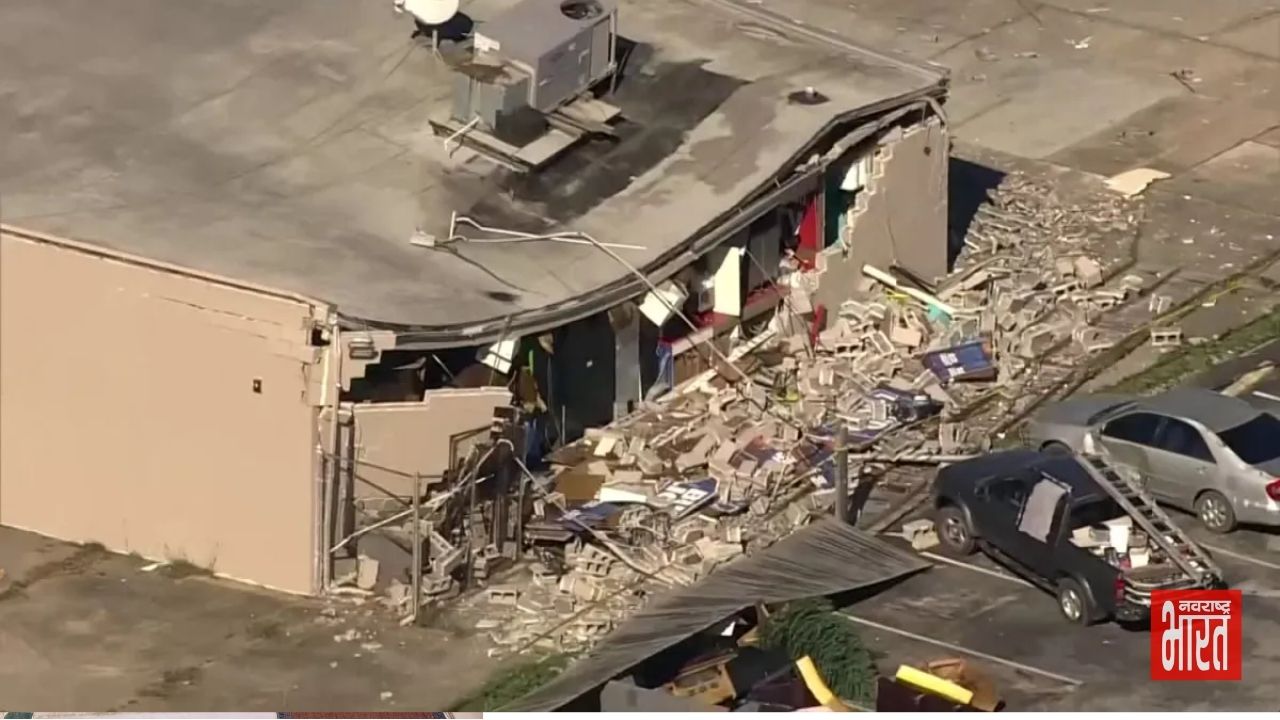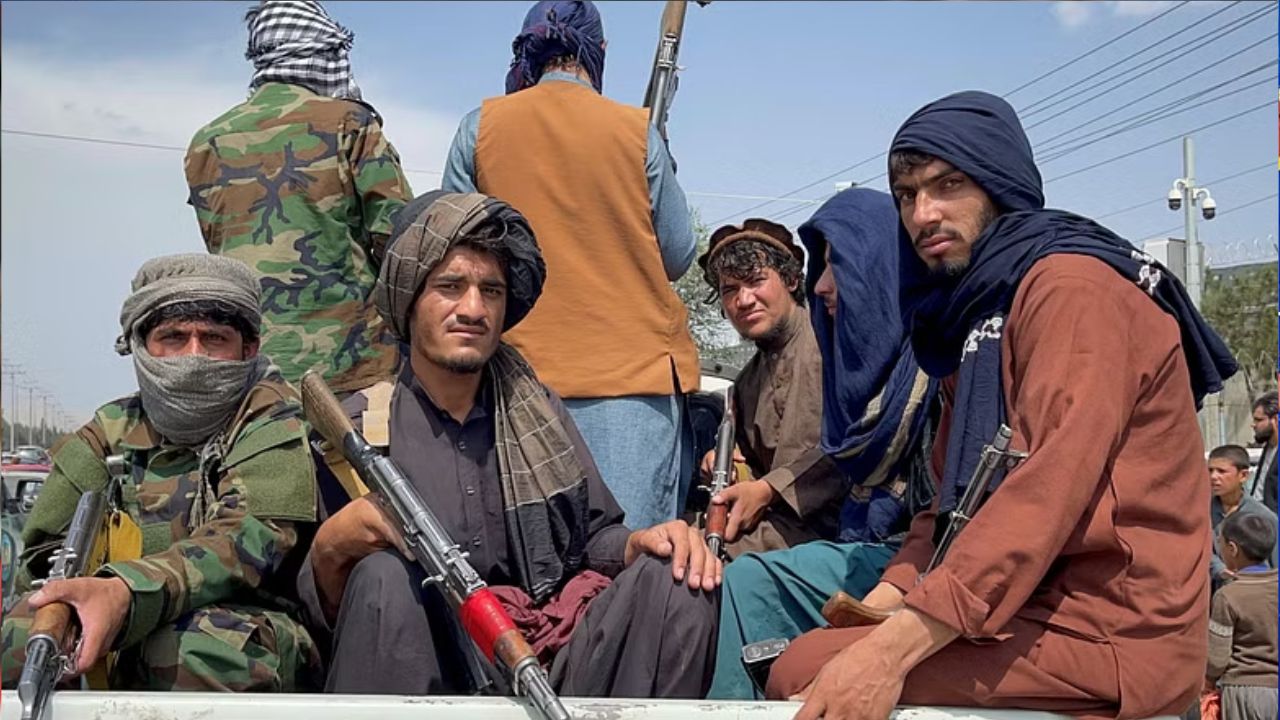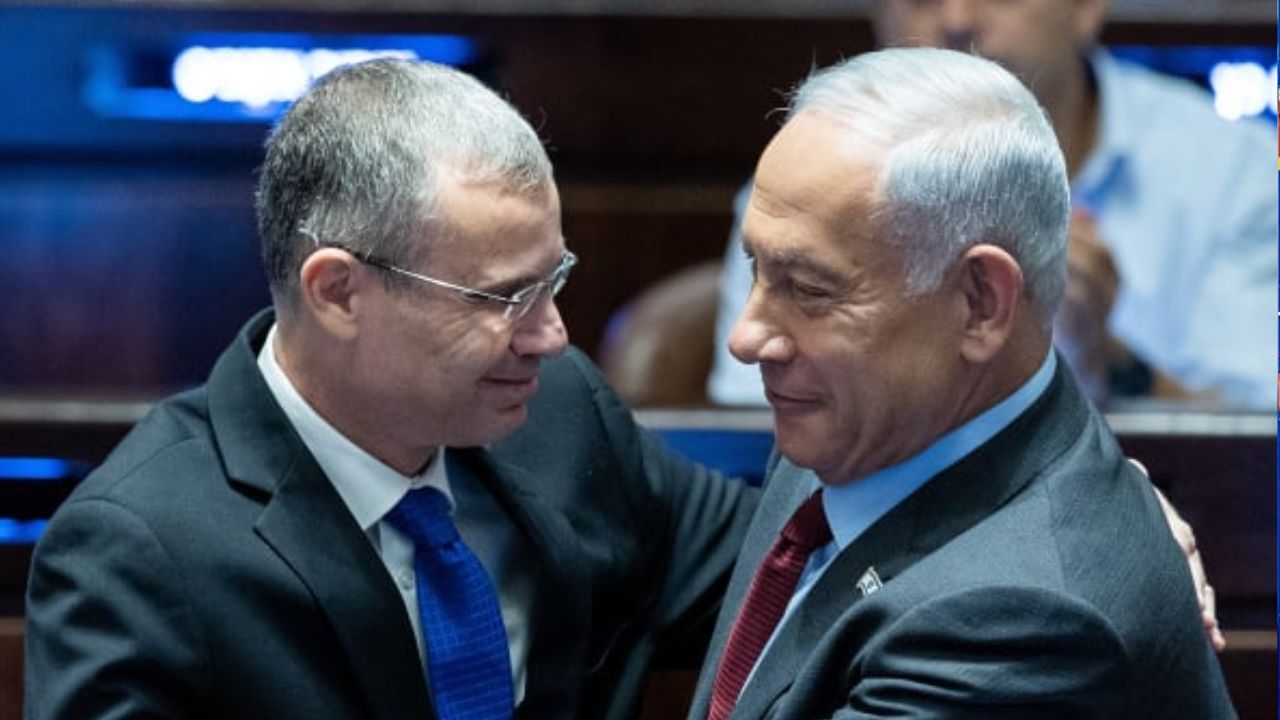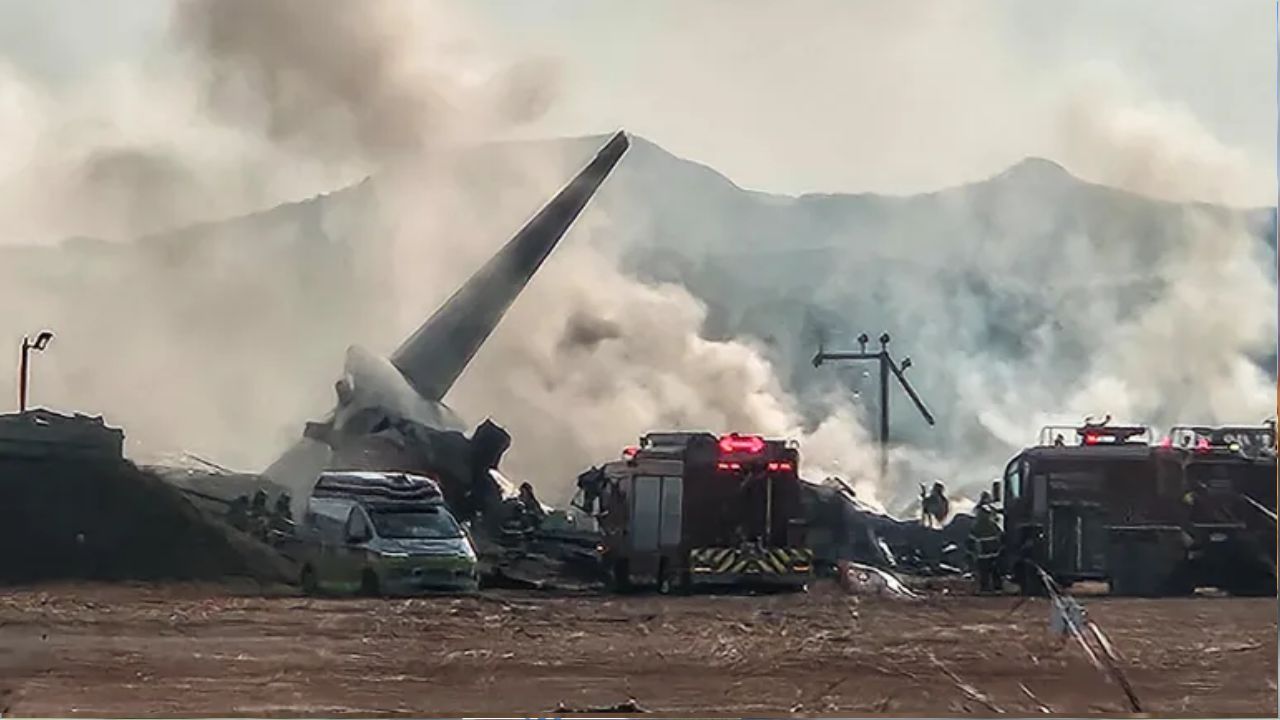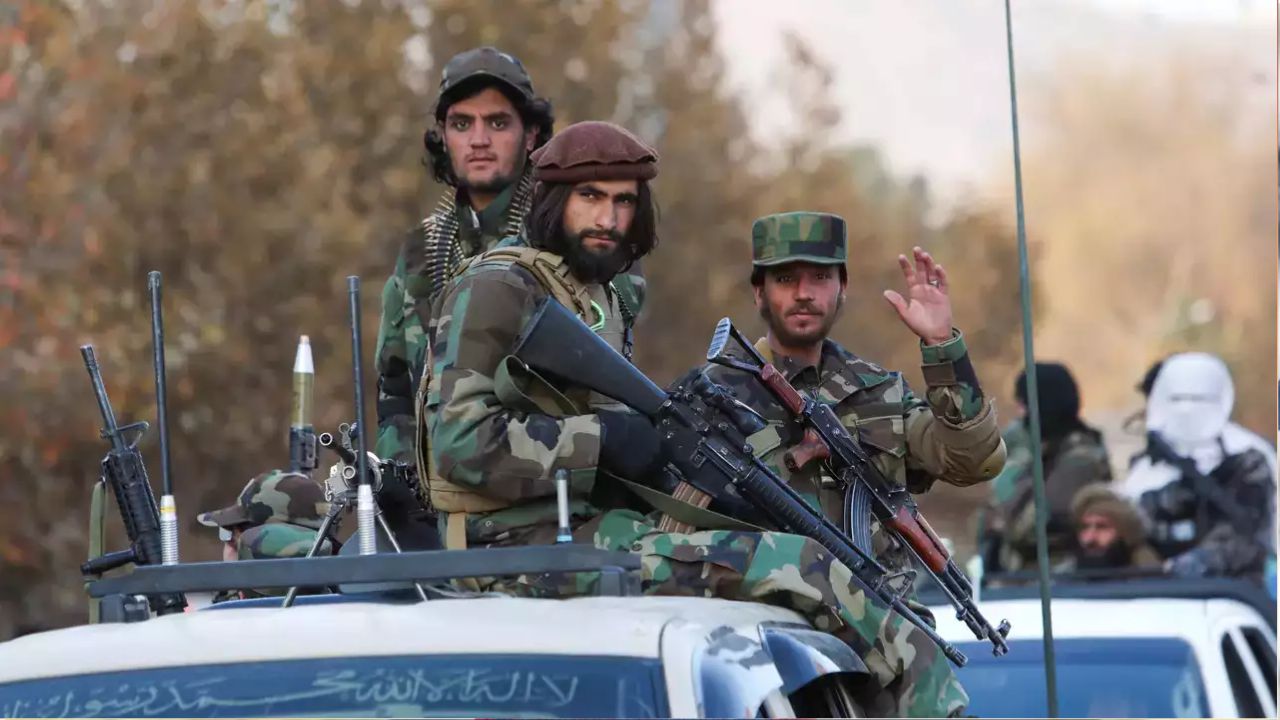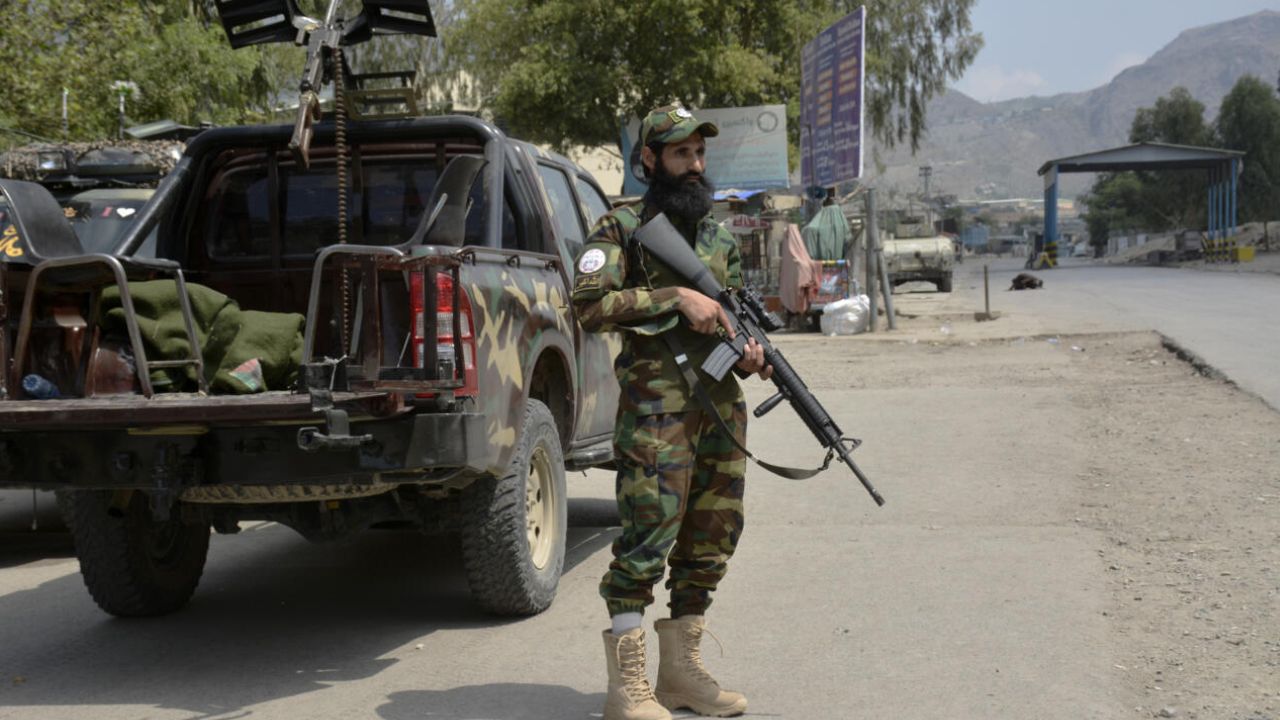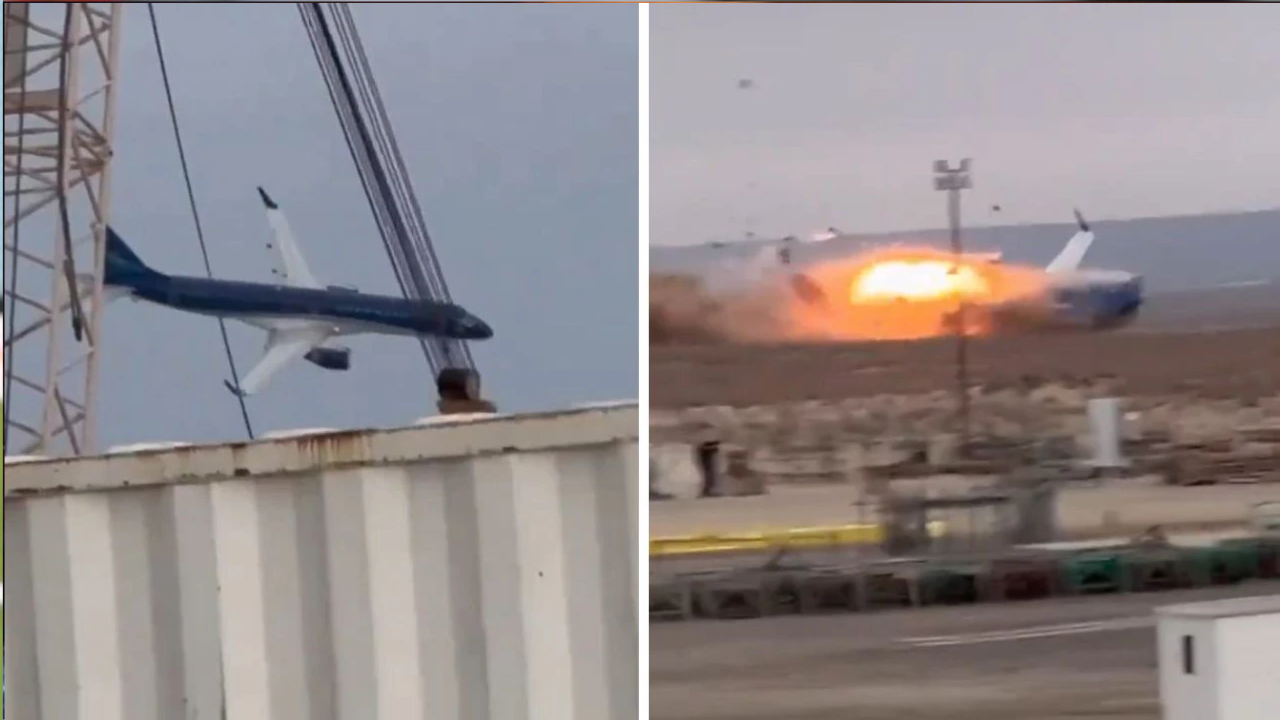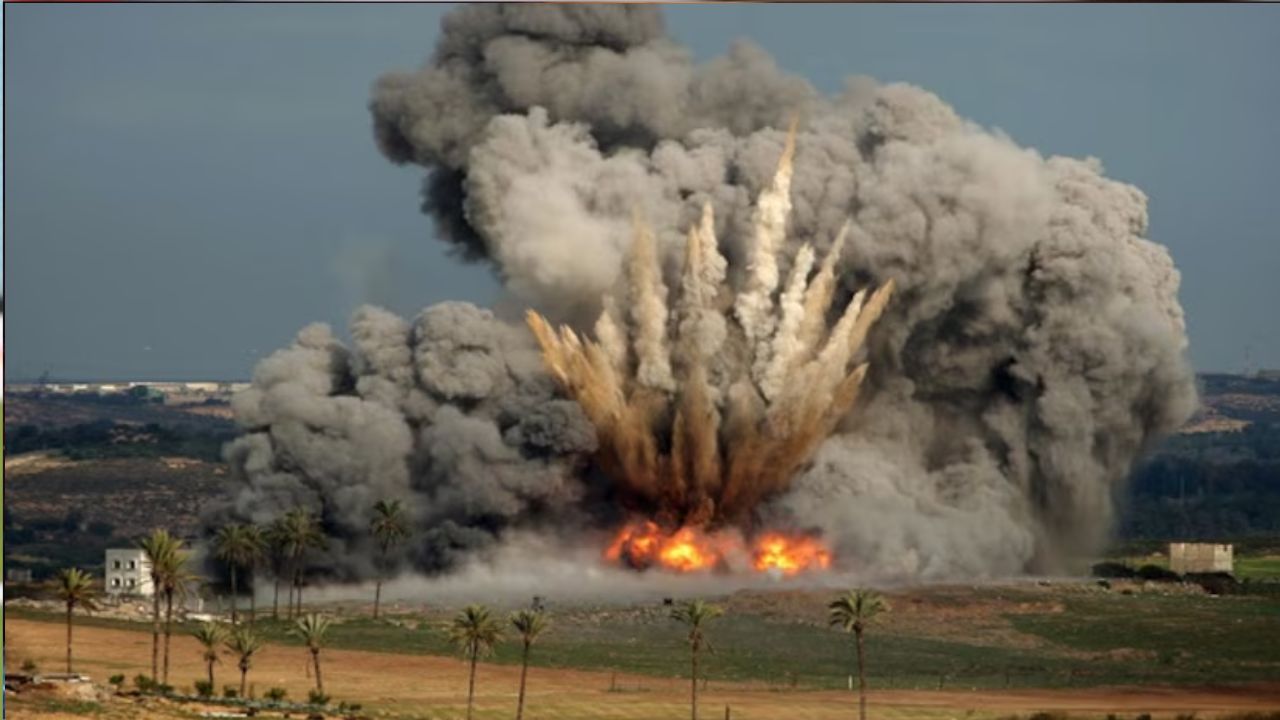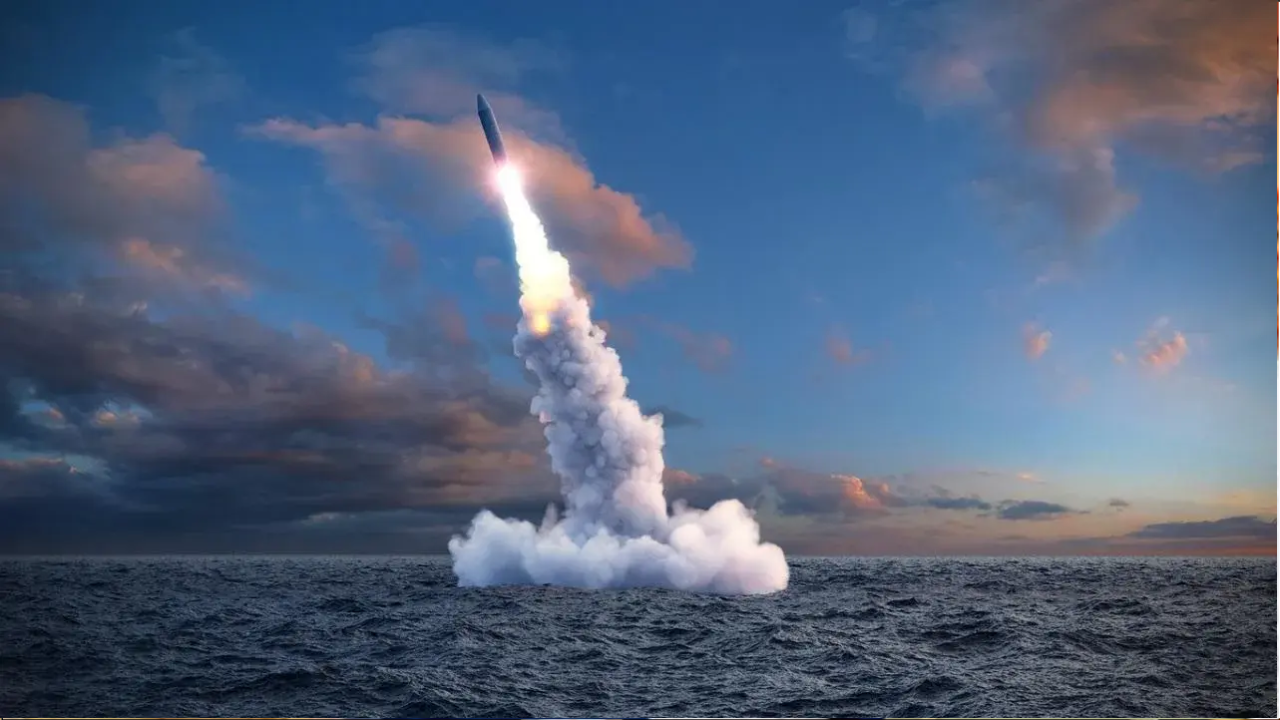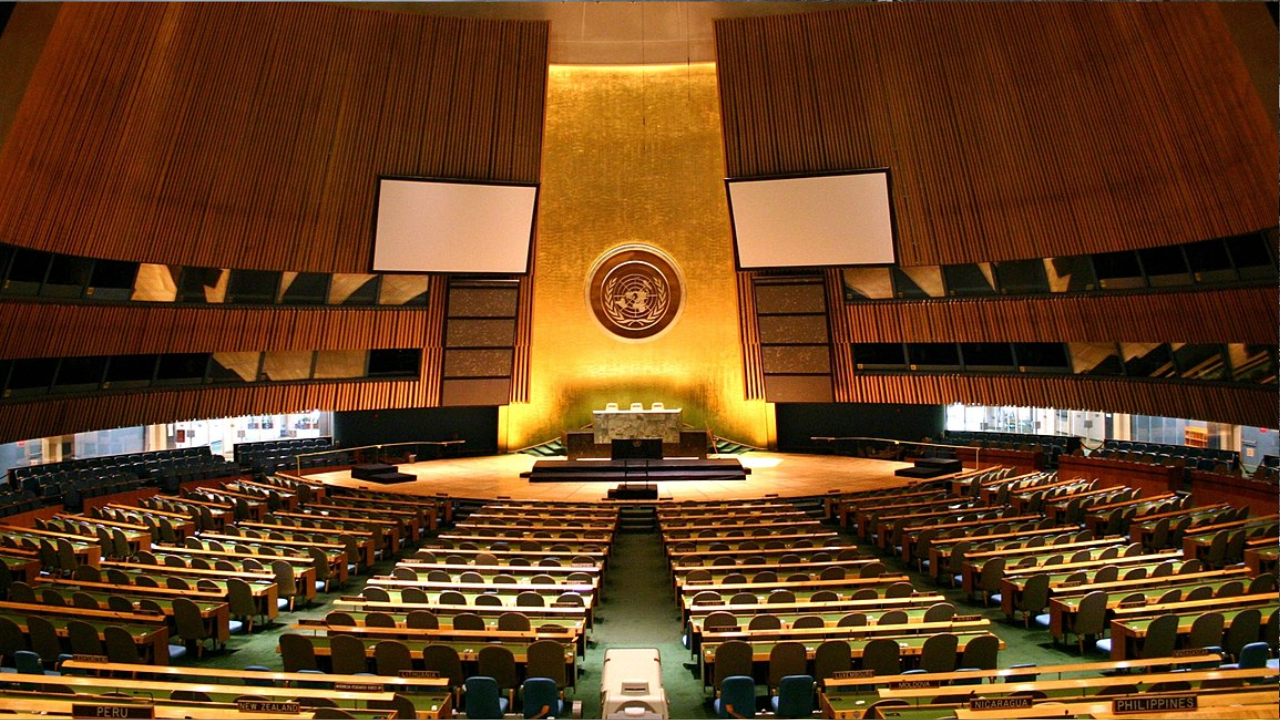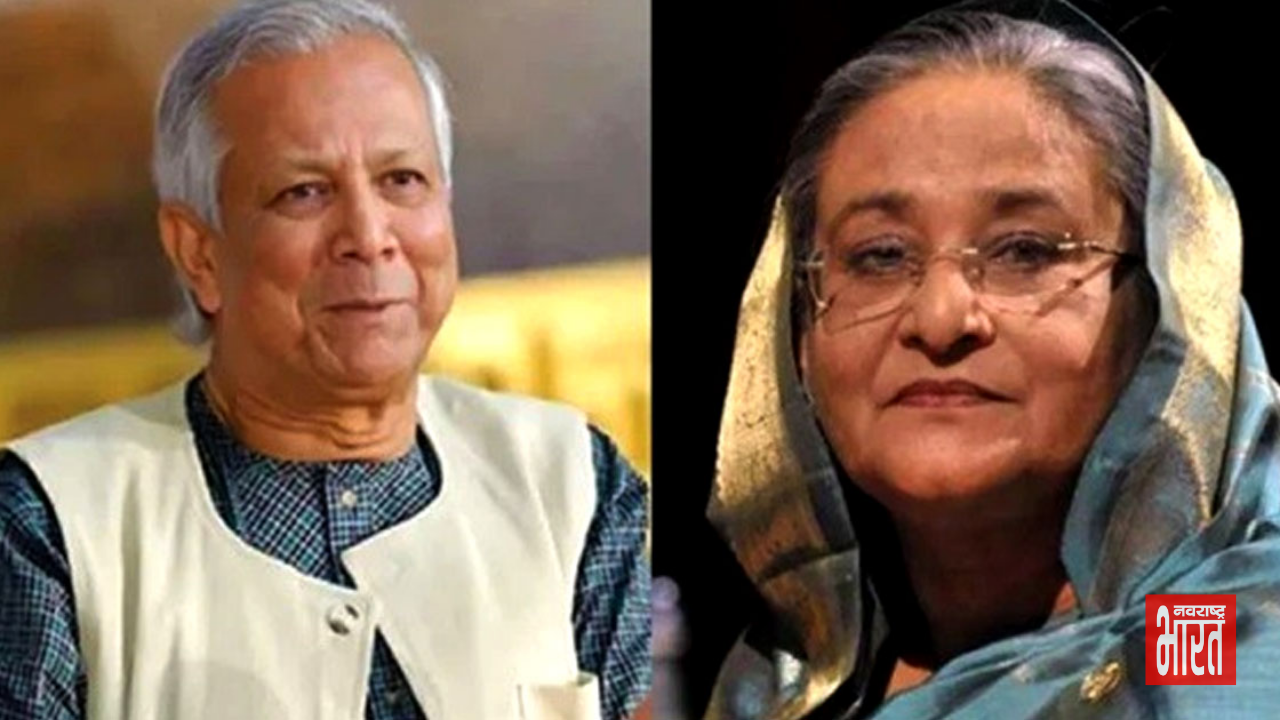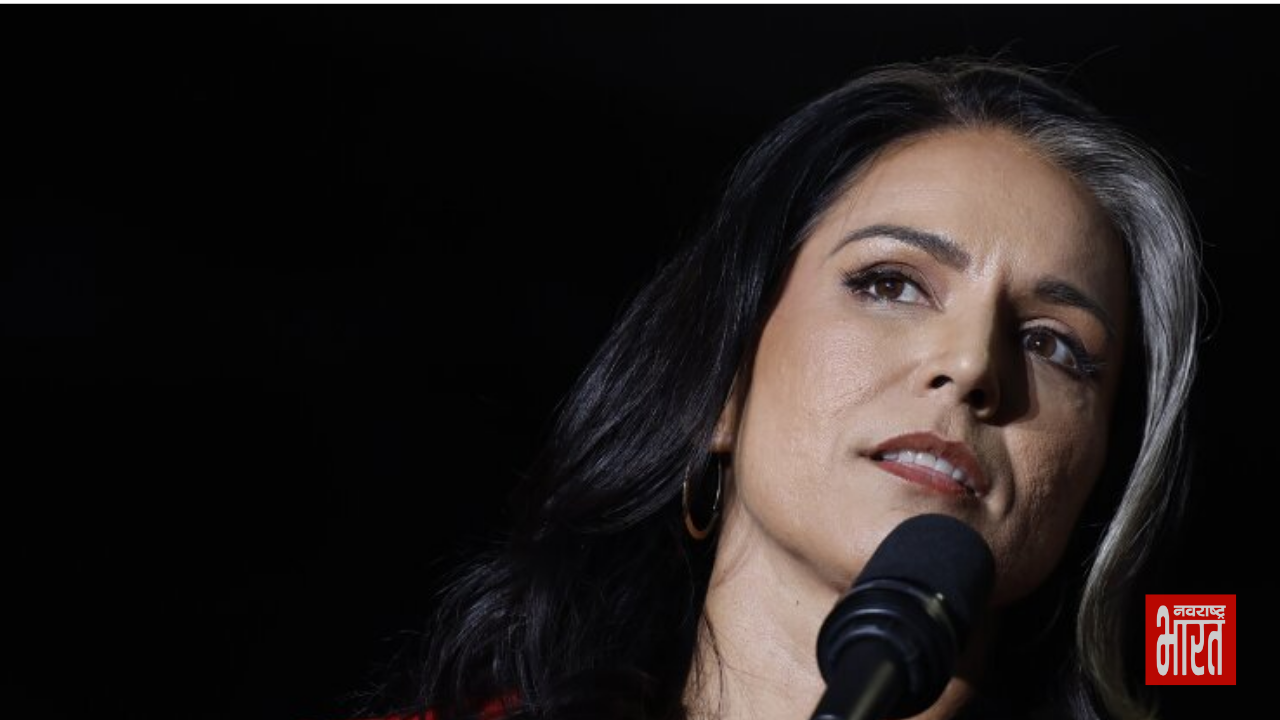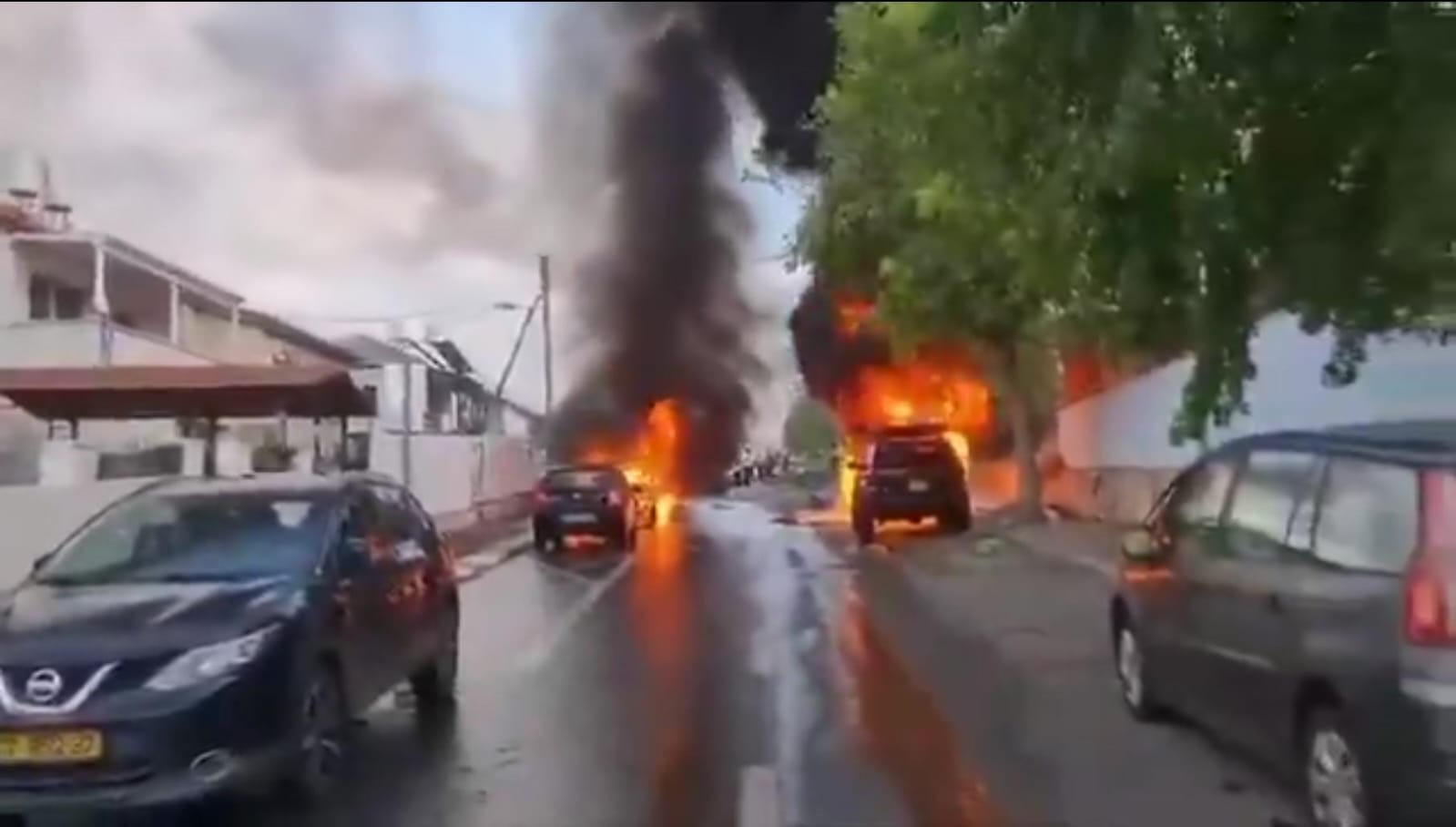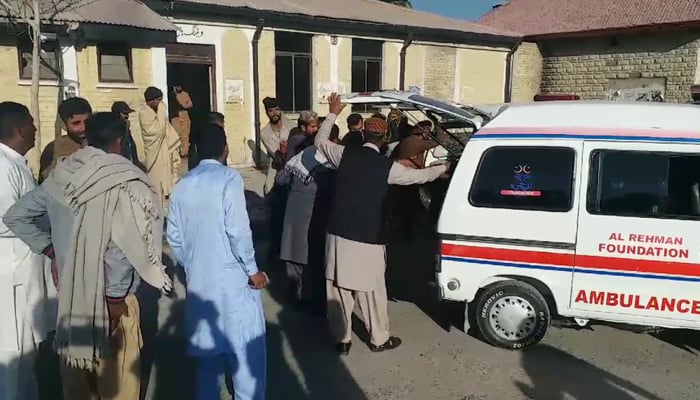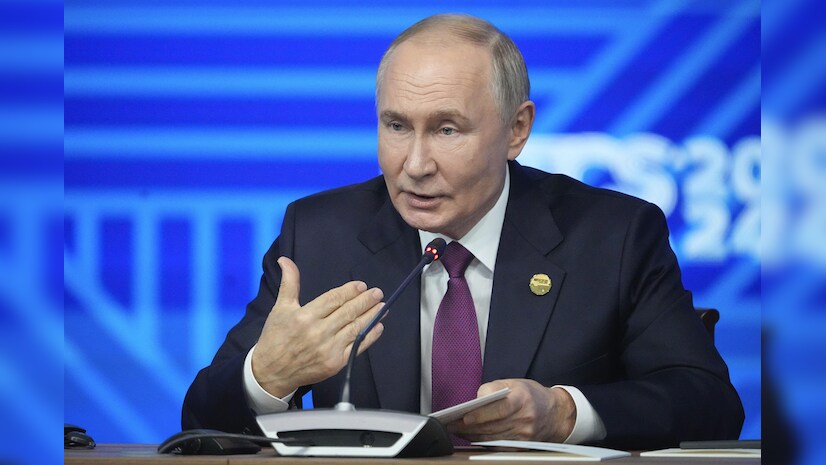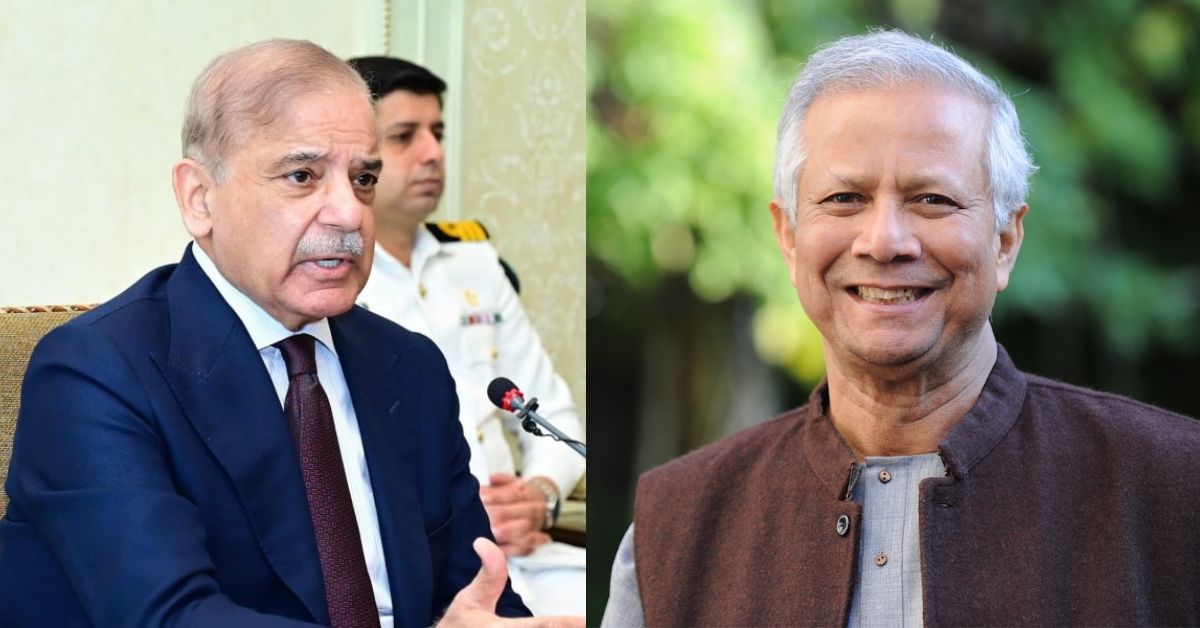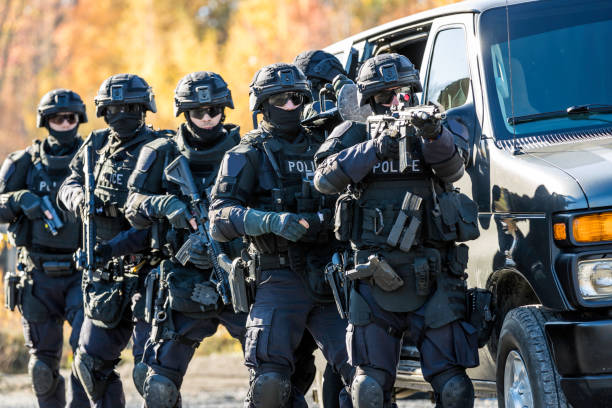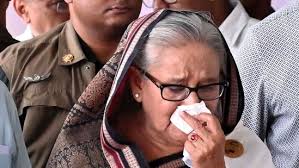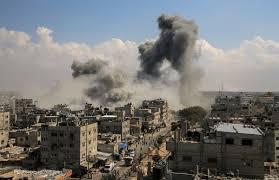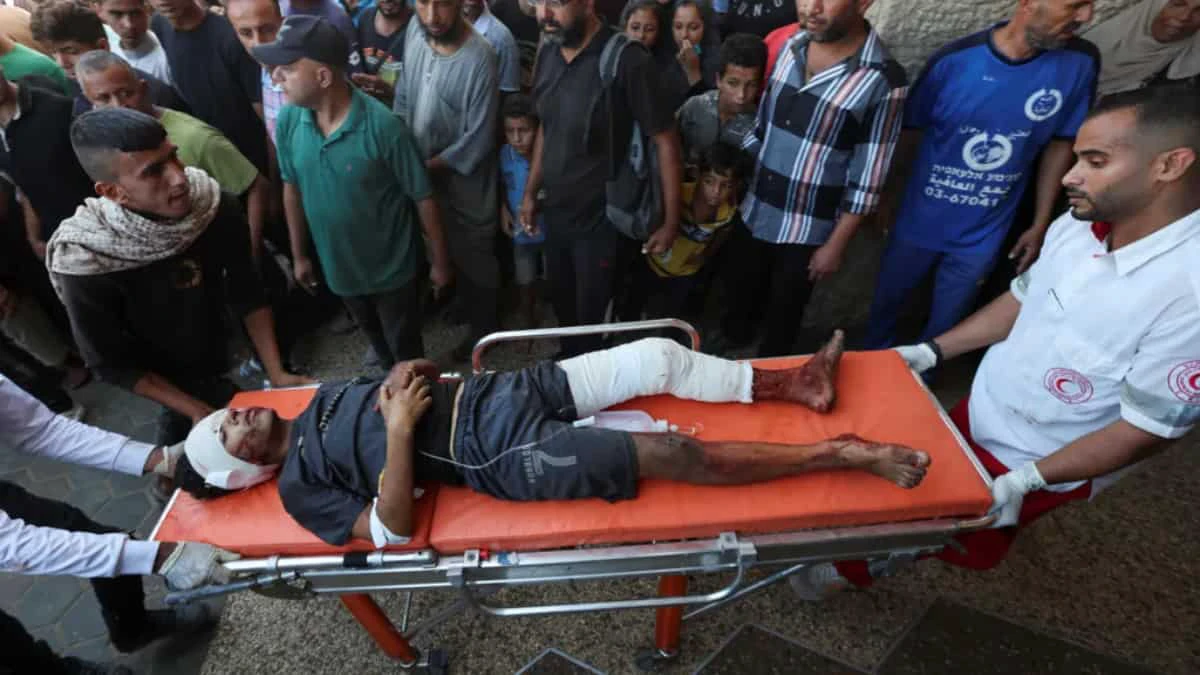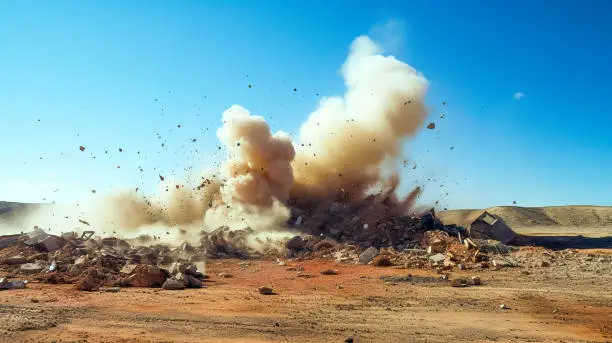
An Israeli airstrike struck the southern suburbs of Beirut early Wednesday morning, following recent U.S. objections regarding the scope of Israel’s attacks, which have led to increased civilian casualties and fears of a broader conflict involving Iran.
Eyewitnesses reported a significant explosion shortly after the Israeli military had issued evacuation orders for the area. This attack is part of Israel’s broader strategy to weaken Hezbollah, an Iran-backed militant group involved in cross-border hostilities with Israel for over a year.
Two weeks ago, Israeli forces began invasions into southern Lebanon to push Hezbollah’s forces further north. According to the United Nations, evacuation orders have affected over a quarter of Lebanon’s population.
The southern suburbs of Beirut, a stronghold for Hezbollah, had not been targeted for several days prior to this strike. However, an October 10 Israeli strike on central Beirut killed 22 people and destroyed several buildings. Hezbollah official Wafiq Safa was reportedly the target of that attack, though he survived.
The U.S. has raised concerns over the intensity of Israel’s bombing campaign, particularly in populated areas. U.S. State Department spokesperson Matthew Miller acknowledged that while the U.S. supports certain Israeli military operations, it opposes the nature of recent strikes due to the rising civilian toll. More than 2,350 people have been killed in Lebanon, and over 1.2 million have been displaced, according to Lebanese health officials.
Despite international pressure for a ceasefire, Israeli Prime Minister Benjamin Netanyahu has rejected such proposals, including in discussions with French President Emmanuel Macron, who has advocated for diplomatic solutions in Lebanon.
Hezbollah’s deputy chief, Naim Qassem, has vowed to continue retaliatory strikes on Israel but also called for a ceasefire. Since the killing of Hezbollah’s leader Hassan Nasrallah in a September Israeli attack, the group has escalated its operations. Qassem warned that Hezbollah would increase its attacks on Israeli targets unless Israel halted its military actions.
The ongoing conflict began when Hezbollah launched rockets into northern Israel in support of Hamas during the Gaza war in October 2023., following recent U.S. objections regarding the scope of Israel’s attacks, which have led to increased civilian casualties and fears of a broader conflict involving Iran.
Eyewitnesses reported a significant explosion shortly after the Israeli military had issued evacuation orders for the area. This attack is part of Israel’s broader strategy to weaken Hezbollah, an Iran-backed militant group involved in cross-border hostilities with Israel for over a year.
Two weeks ago, Israeli forces began invasions into southern Lebanon to push Hezbollah’s forces further north. According to the United Nations, evacuation orders have affected over a quarter of Lebanon’s population.
The southern suburbs of Beirut, a stronghold for Hezbollah, had not been targeted for several days prior to this strike. However, an October 10 Israeli strike on central Beirut killed 22 people and destroyed several buildings. Hezbollah official Wafiq Safa was reportedly the target of that attack, though he survived.
The U.S. has raised concerns over the intensity of Israel’s bombing campaign, particularly in populated areas. U.S. State Department spokesperson Matthew Miller acknowledged that while the U.S. supports certain Israeli military operations, it opposes the nature of recent strikes due to the rising civilian toll. More than 2,350 people have been killed in Lebanon, and over 1.2 million have been displaced, according to Lebanese health officials.
Despite international pressure for a ceasefire, Israeli Prime Minister Benjamin Netanyahu has rejected such proposals, including in discussions with French President Emmanuel Macron, who has advocated for diplomatic solutions in Lebanon.
Hezbollah’s deputy chief, Naim Qassem, has vowed to continue retaliatory strikes on Israel but also called for a ceasefire. Since the killing of Hezbollah’s leader Hassan Nasrallah in a September Israeli attack, the group has escalated its operations. Qassem warned that Hezbollah would increase its attacks on Israeli targets unless Israel halted its military actions.
The ongoing conflict began when Hezbollah launched rockets into northern Israel in support of Hamas during the Gaza war in October 2023.



